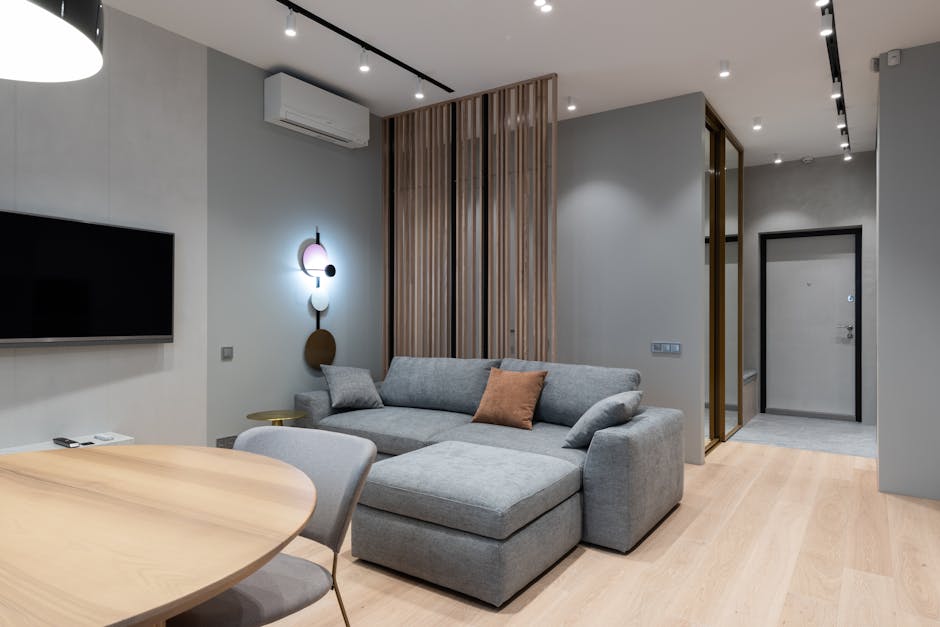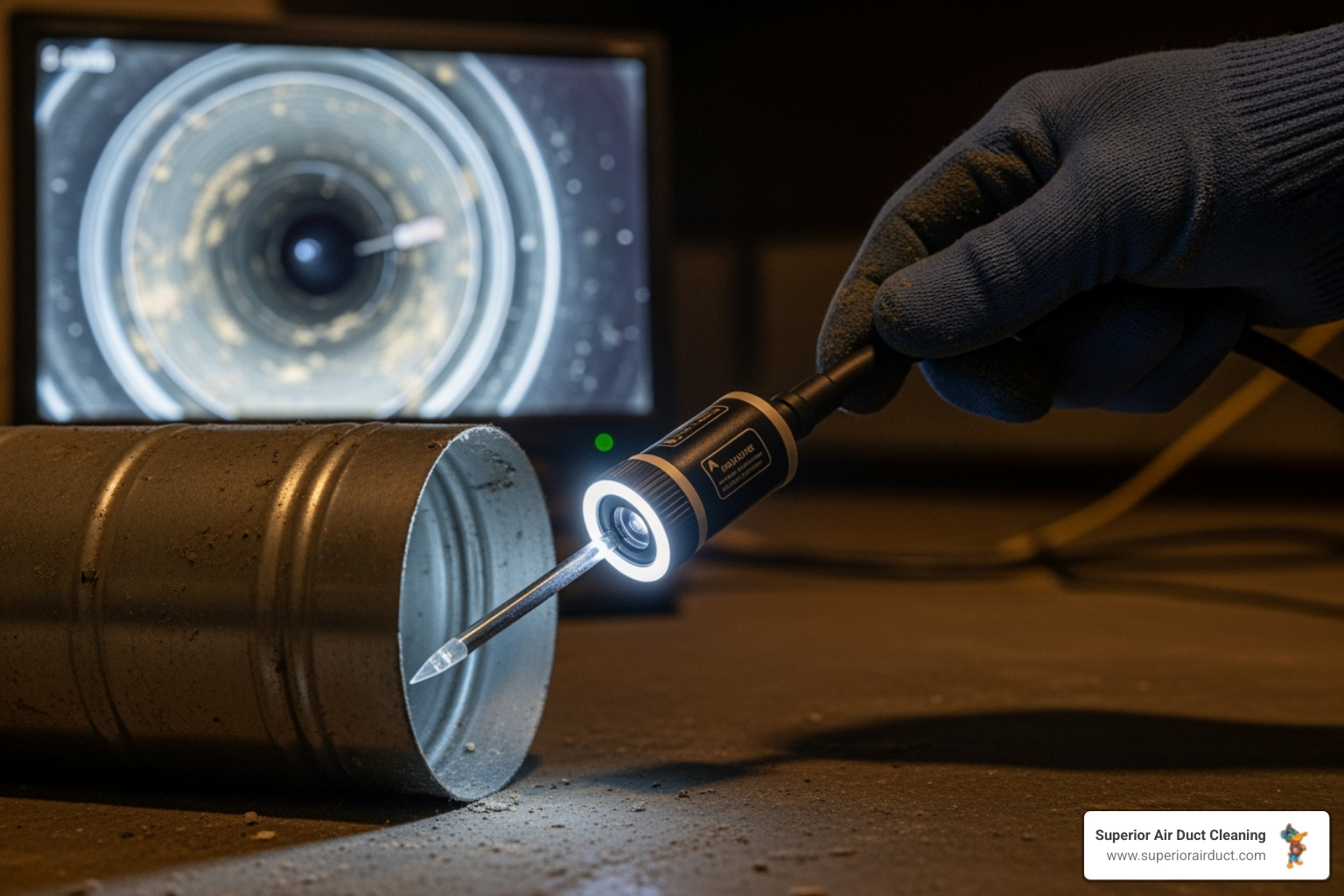
If you’ve heard a rattling sound coming from your vents, even when the HVAC system isn’t running at full power, it likely has you wondering what’s going on. Rattling ductwork is more than just a mild annoyance. These sounds often point to physical issues within the ducts that can disrupt airflow, reduce system efficiency, and lead to bigger repair problems if ignored. For homeowners in Youngstown, summer humidity and run times can increase wear on duct systems, especially older ones with aging or unsealed joints.
Leaving those noises unresolved may also impact your comfort indoors. Constant rattling from the ducts can make it harder to sleep, enjoy conversations, or concentrate if you’re working from home. Noise is usually a sign something isn’t secure or where it should be. The key is figuring out what’s causing it before it turns into more expensive damage. Learning the possible causes is the first step toward peace and quiet.
Common Causes Of Rattling Noises In Ductwork
Rattling noises that seem to echo through your vents usually have a cause that’s mechanical, structural, or related to build-up inside the system. Some of the most frequent problems affecting ductwork in Youngstown homes include:
- Loose duct connections: Over time, duct sections can loosen due to vibration or wear from the system cycling on and off. If areas where two ducts connect become weak or detached, they can knock or shift slightly when the air turns on.
- Debris or loose objects: Small items like torn insulation, screws, pieces of foil tape, or even pests can find their way into ducts. Once inside, any airflow can push them around, causing sharp or hollow rattling sounds.
- Aging or damaged duct material: Older homes often have ductwork made of thin metal or improperly supported sections. These materials may warp or sag, creating noisy contact points as air moves through them.
Homeowners may also hear rattling after a recent HVAC repair or home improvement project if ductwork was disturbed but not fully secured. An example would be finishing a basement where duct lines were shifted slightly to accommodate new ceilings or walls but left slightly unsecured afterward. That shift in support can easily cause noise when the air kicks on. While it may seem small, these sounds can point to problems that affect system performance, energy usage, and even air quality over time if they go unaddressed.
Diagnosing The Source Of The Noise
If you hear a rattling sound coming from your vents, it’s helpful to narrow down where it’s coming from and when it happens. That can help identify the area that needs attention and make it easier for professionals to resolve. Here's how homeowners can spot the warning signs:
1. Listen during different system cycles. Try to pinpoint whether the noise happens when the HVAC first turns on, while it’s running, or when it shuts off. The startup phase often reveals loose parts.
2. Walk the house. Move room to room when the system is running to identify which vents are the loudest. Note if it’s coming from a ceiling vent, wall opening, or floor register. Listen for the direction and tone of the noise. Light tapping sounds aren’t always caused by the same issue as deeper clanging.
3. Turn off unrelated appliances. Eliminate sound from dishwashers, washing machines, and dryers to make sure the noise is truly coming from the ducts and not elsewhere.
4. Check for poor airflow. Limited airflow or loud noises working together may point to disconnected pieces or a blockage inside the ductwork.
These steps help homeowners better understand what might be going on, but it usually takes a full inspection from our technicians to confirm the cause and make the right fix. They can assess deep inside duct lines that aren’t visible and ensure the problem isn’t related to unseen damage or buildup.
Solutions to Rattling Noises in Ductwork
Once you’ve narrowed down the source of the noise, the next step is taking action to fix the issue. Rattling in your ductwork doesn’t go away on its own. It often gets worse over time. In Youngstown homes, this type of issue is especially common in older HVAC setups or houses with recent remodeling work.
Here are some of the most common repair solutions used by our technicians:
- Secure loose ducts. Rattling caused by loose connections or unsupported ductwork can often be fixed by refastening sections using proper brackets or hangers. This keeps duct joints from moving each time the HVAC starts or stops.
- Remove debris. If items like insulation, small metal pieces, or pest remnants are causing the noise, a professional cleaning will remove anything blocking or bouncing around inside.
- Seal gaps. Openings at the joints or disconnected sections don’t just cause noise. They also let conditioned air escape, leading to reduced efficiency. Sealing with mastic or foil-backed tape will cut down on sound and waste.
- Replace damaged ducts. In cases where duct metal is too thin, rusted, or has collapsed, replacement may be the most reliable solution. This is especially true when sections have been patched up repeatedly without lasting results.
Letting the issue linger could lead to greater system strain or cause heating and cooling to become uneven across different zones in the house. For example, one Youngstown homeowner found that a rattling noise in their basement vent was the result of a torn connection near the furnace. Over time, warm air in the winter and cool air in the summer escaped before it ever reached the upper levels. Once that section was repaired and sealed, temperatures evened out and the rattling stopped.
It’s important for technicians to perform a complete system check instead of just patching the visible problem. That prevents repeat issues and helps catch any other early signs of wear while they’re still manageable.
Preventative Maintenance Tips for Quiet Duct Systems
Many common ductwork issues can be avoided with simple maintenance steps. Homeowners who stay ahead of wear and air leaks usually don’t face as many noise complaints or performance problems.
To help reduce rattling and keep your system running quietly:
- Schedule regular duct inspections. Even once a year can help catch loose or aging areas before noise becomes noticeable.
- Watch for vibration. Make sure ducts are properly supported and that nothing is touching them that might cause banging during HVAC run cycles.
- Keep return vents and registers clear. A blocked intake can cause pressure changes that affect airflow and create rattling throughout the system.
- Use high-quality filters and change them often. Dirty filters force your system to work harder, increasing vibrations and the chance of dislodged parts.
- Don’t ignore small noises. If a new sound appears, especially after work has been done in the home, have it checked. Many issues that start small become much more serious over time.
Our professionals are trained to spot these problems before they start causing unwanted noise or temperature swings. They can secure loosened sections, clean unreachable duct lines, and advise when replacement may be needed based on the system’s age and condition.
For families in Youngstown dealing with loud HVAC systems, preventive care can extend duct life and improve indoor comfort. Without regular checks, problems inside the ductwork tend to go unnoticed until they affect airflow or energy use.
Ensure Your Home’s Quiet Comfort
Noise from ductwork doesn’t always lead to serious damage, but it does signal something inside the system isn’t working the way it should. Addressing it sooner usually means a quicker, easier fix. Whether it’s a loose connector in the basement or insulation crumpled inside a wall vent, finding the problem is the first step in getting things back to normal.
By keeping your duct system free of debris, properly supported, and regularly inspected, you can enjoy quieter HVAC operation, more even airflow, and cleaner indoor air. Small steps like these make a big difference in how your system performs over time. Letting a known issue grow can increase your energy use and lower overall comfort. When in doubt, having a trained professional take a look ensures nothing gets missed.
If your ductwork troubles continue to disrupt your home’s comfort, Superior Air Duct Cleaning is ready to help address the noise once and for all. Our professionals are experienced in identifying and resolving issues that lead to rattling vents, ensuring your ducts operate quietly and efficiently throughout your Youngstown home. Learn how our duct cleaning company in Youngstown can restore peace to your space. For a quick estimate or to book a service visit, please contact us today.

Customer Reviews




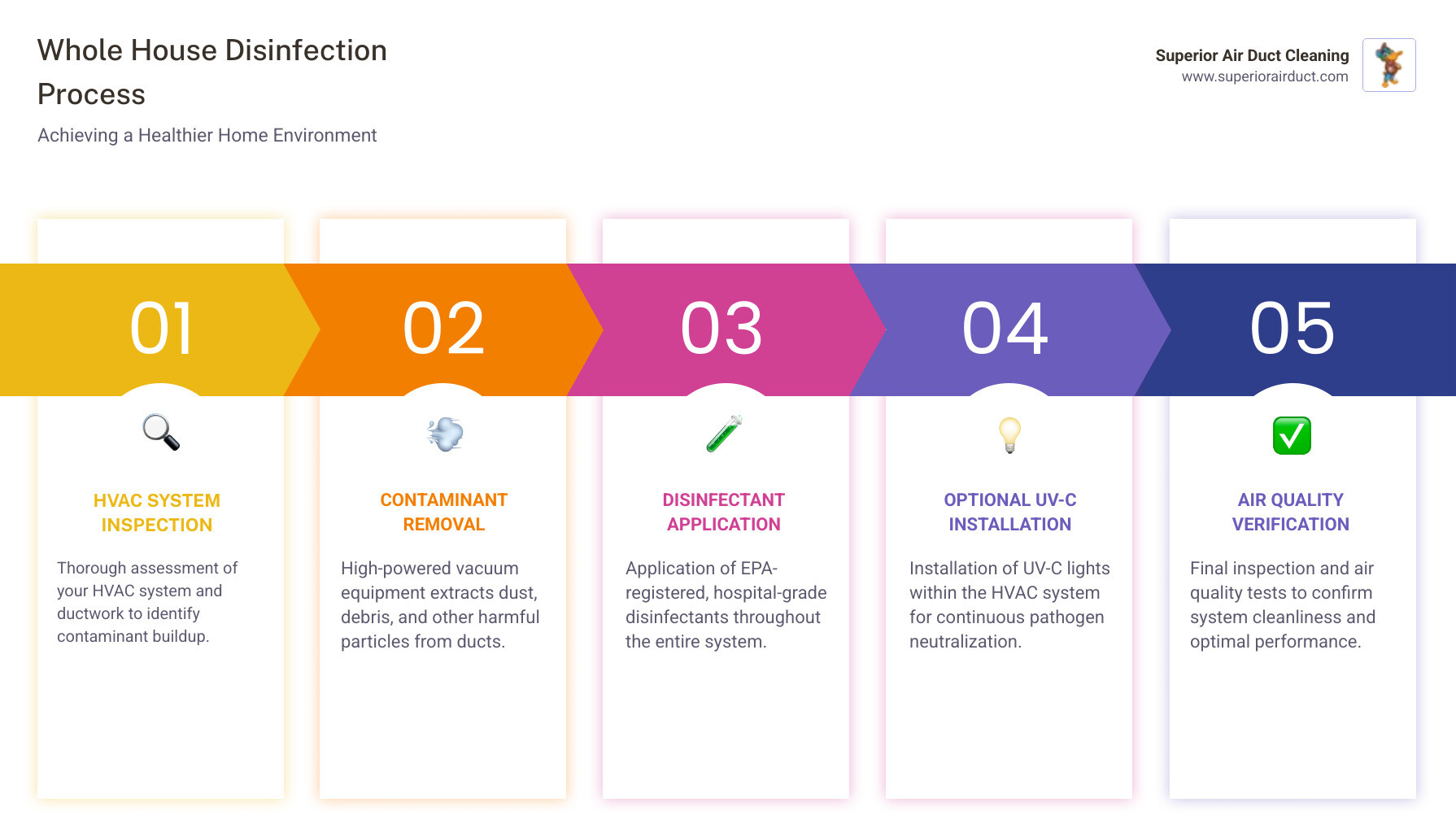
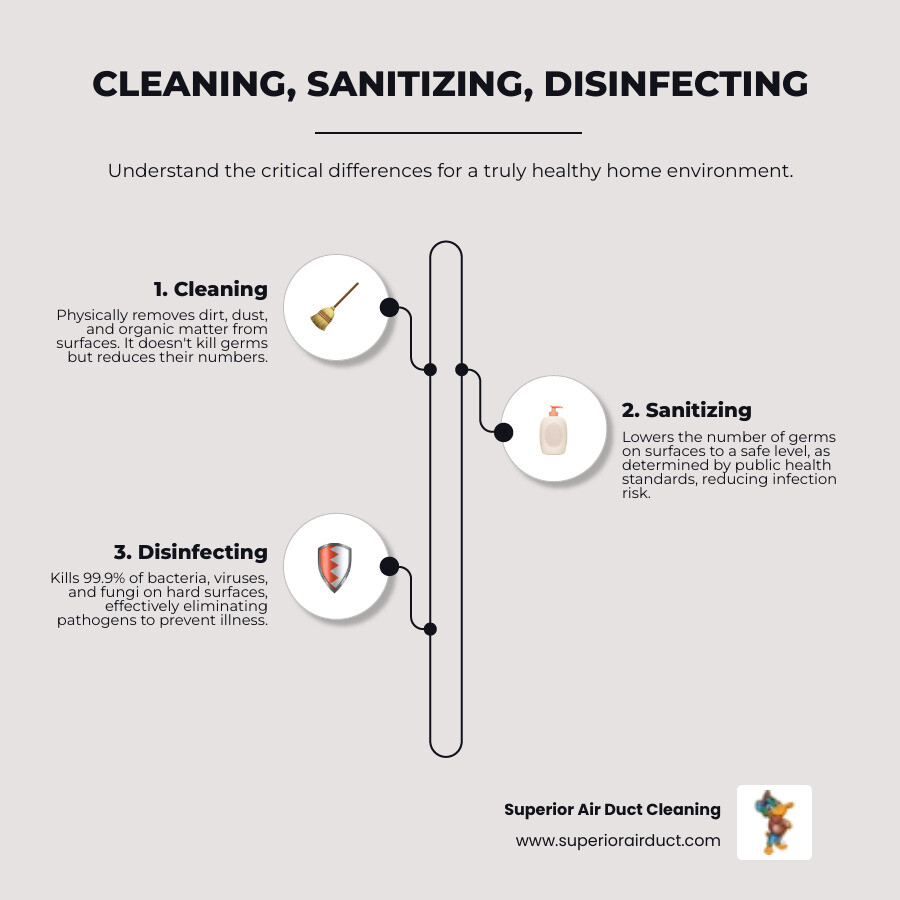
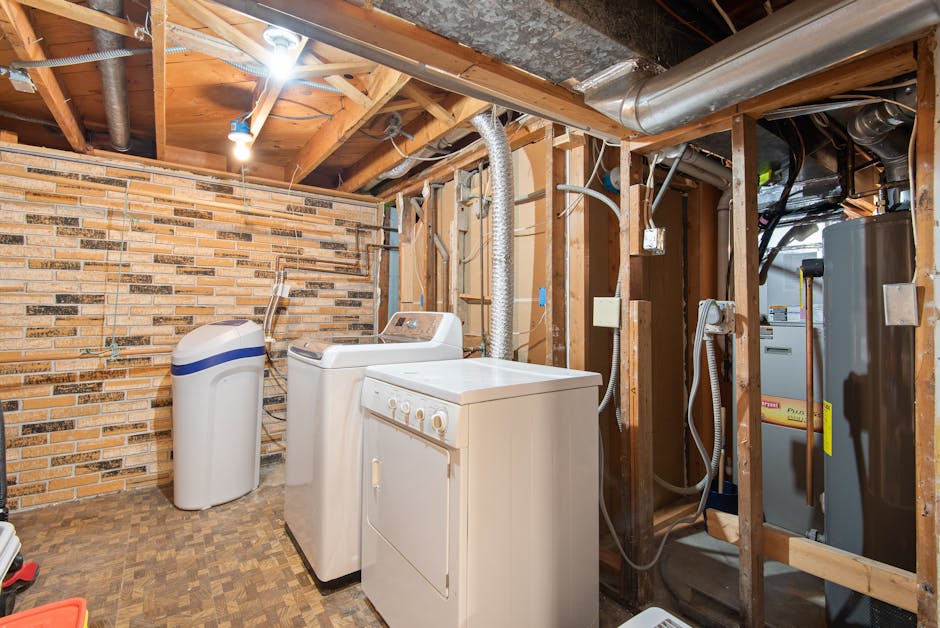
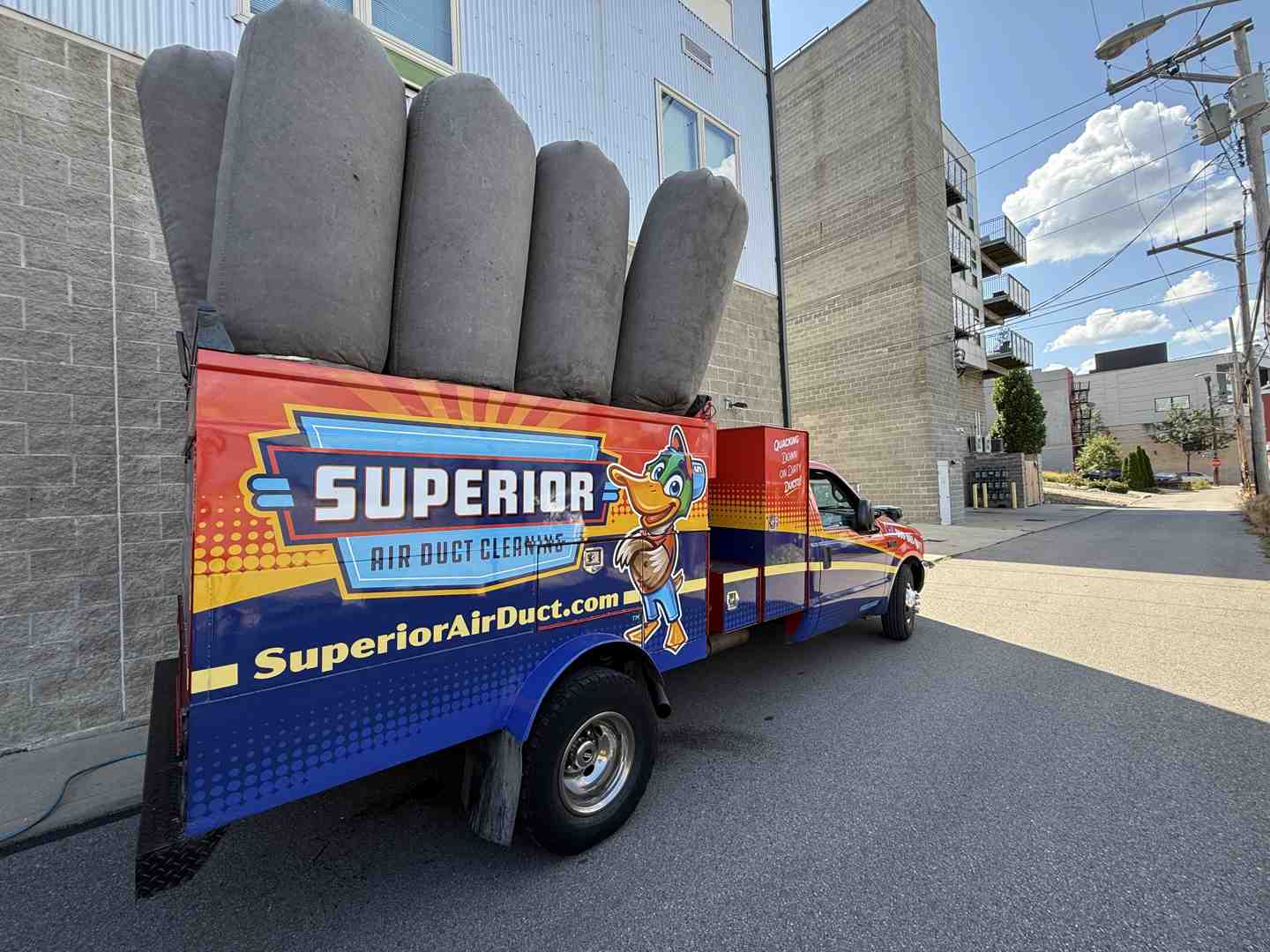
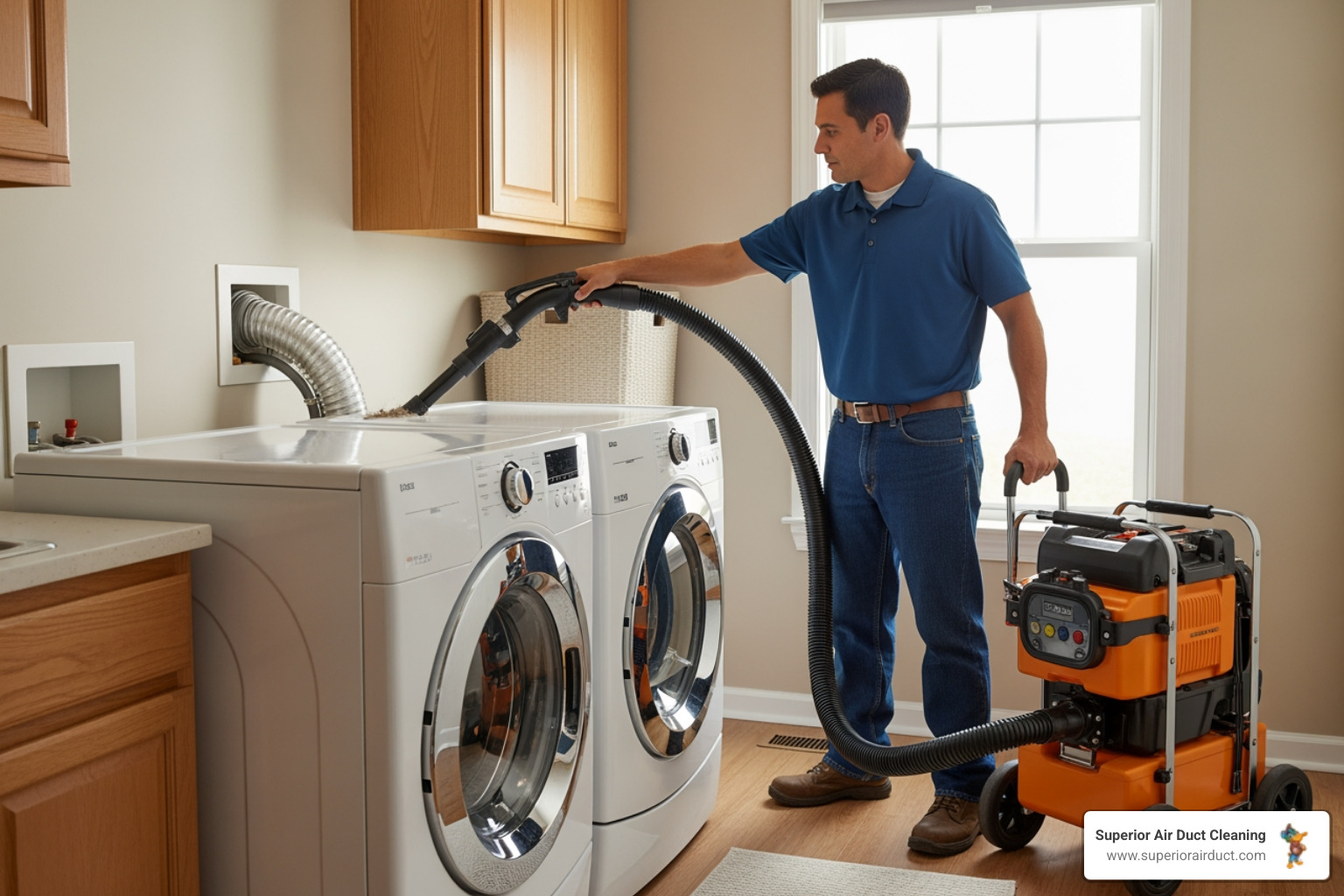
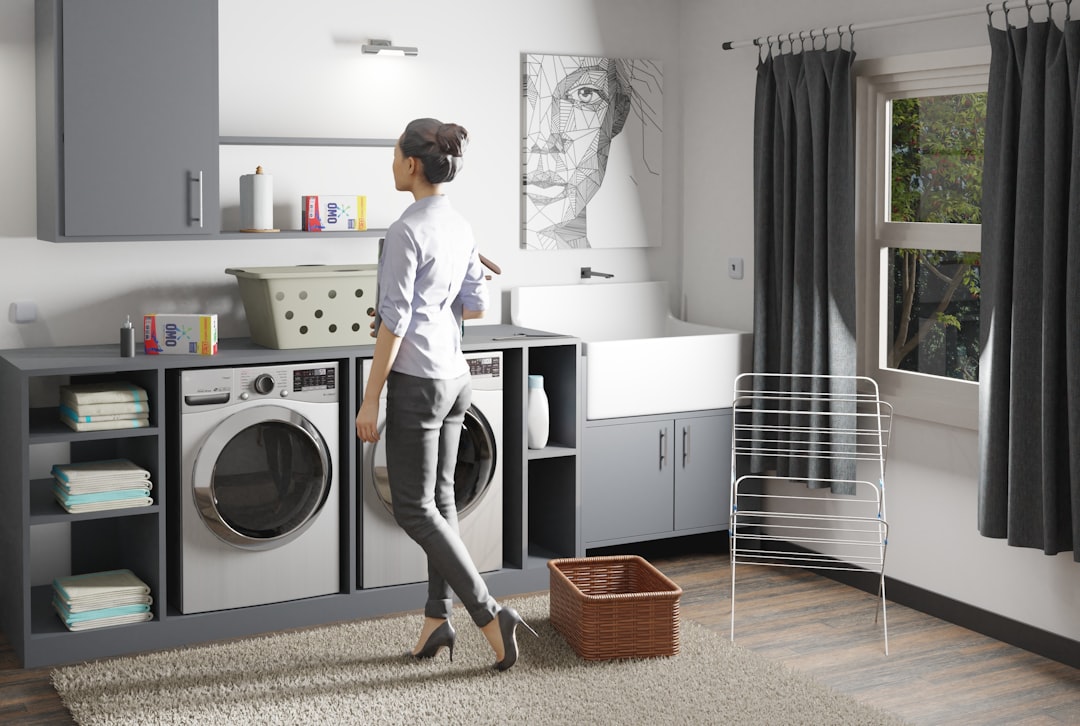



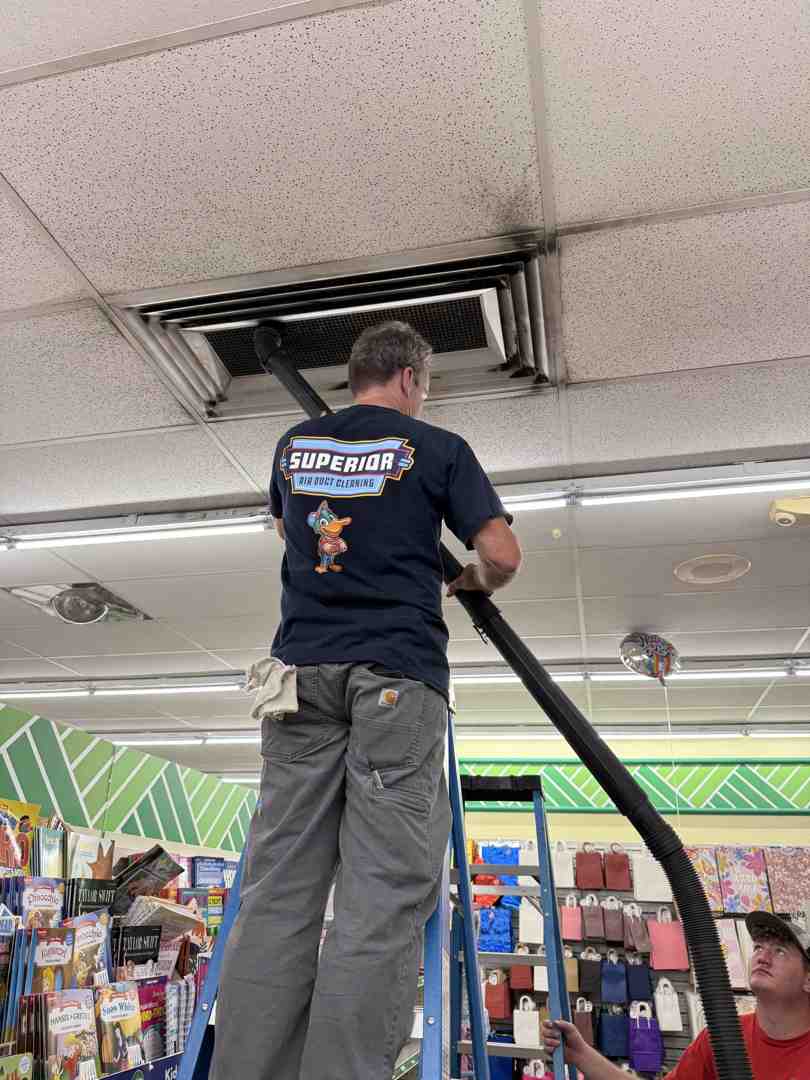



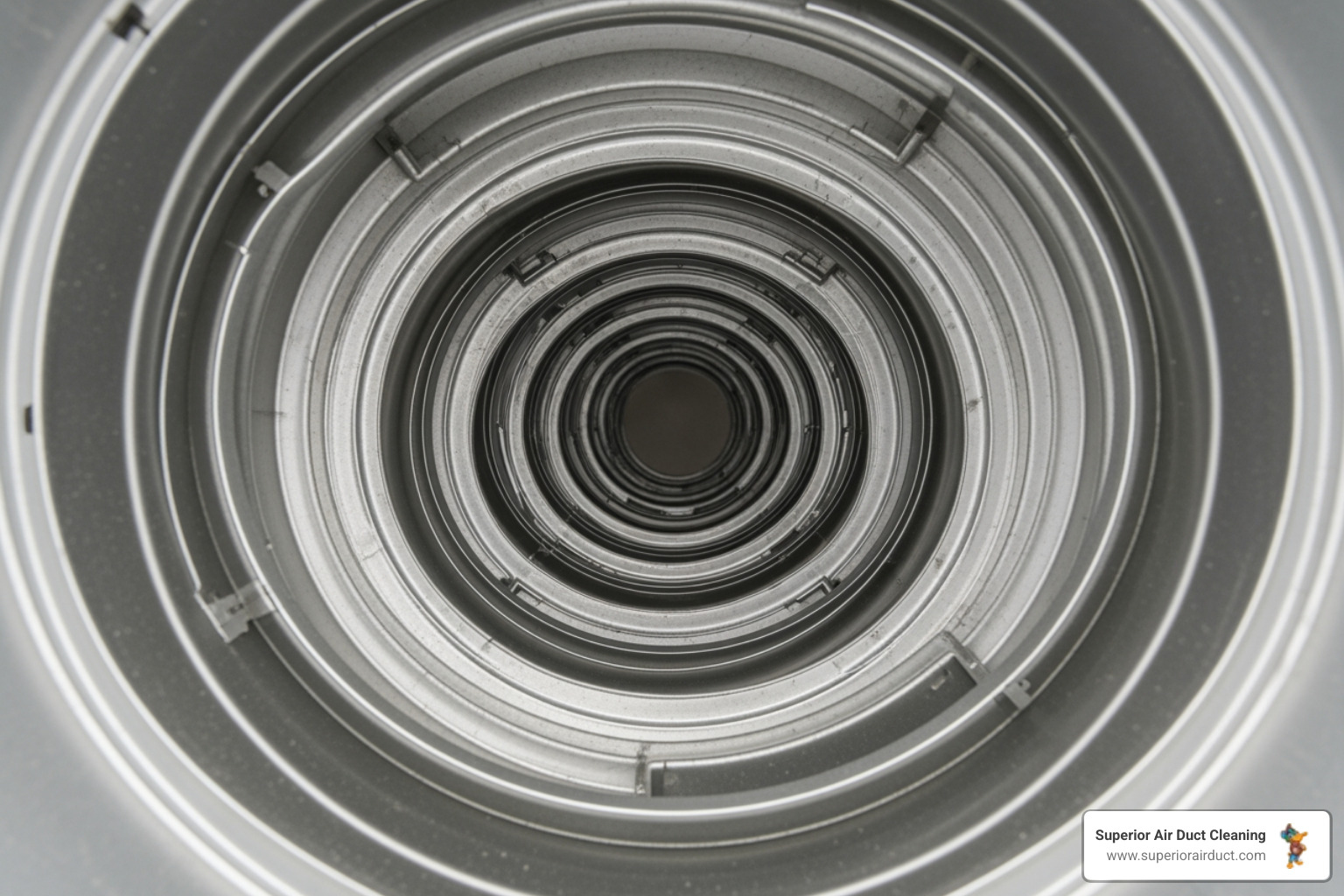
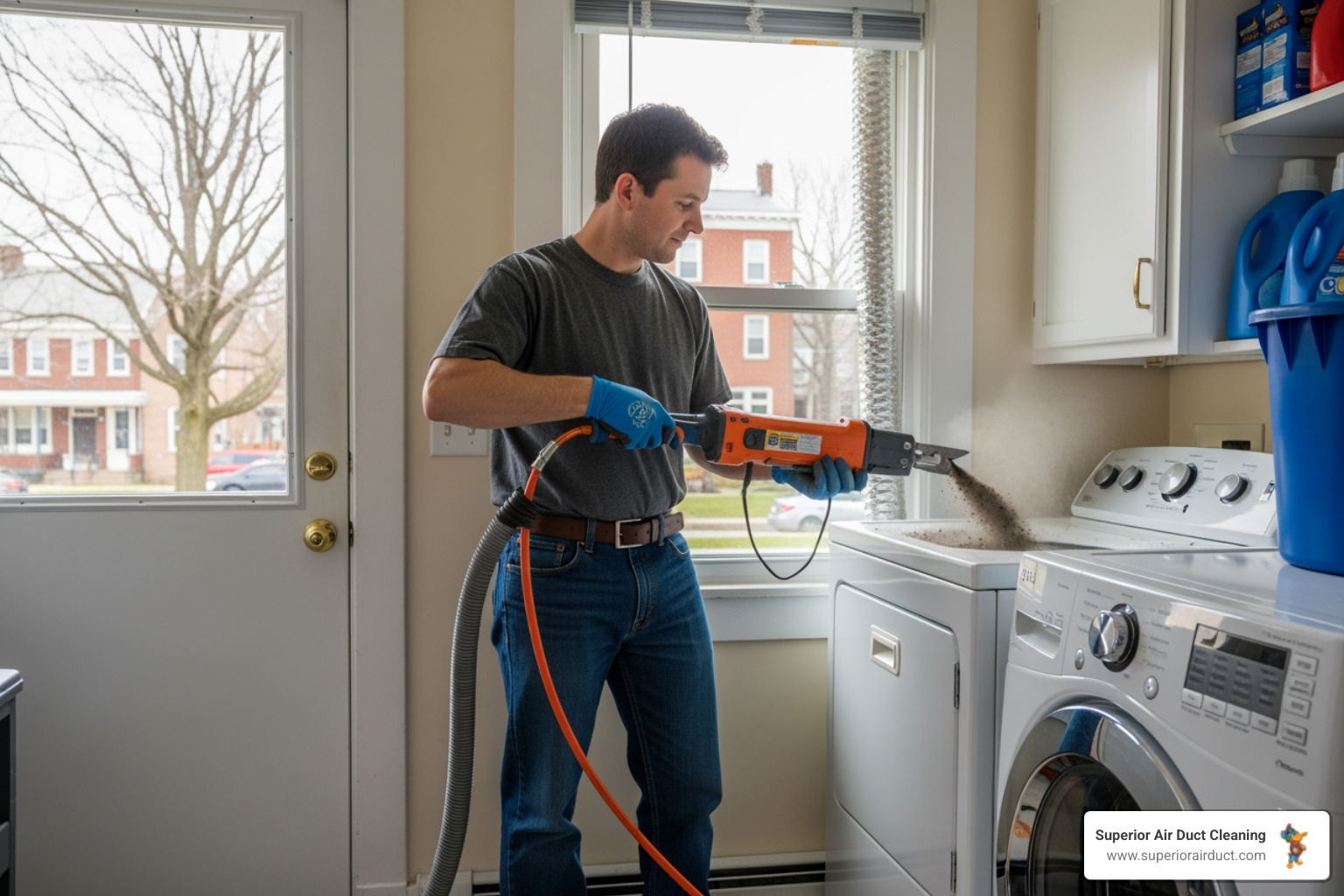
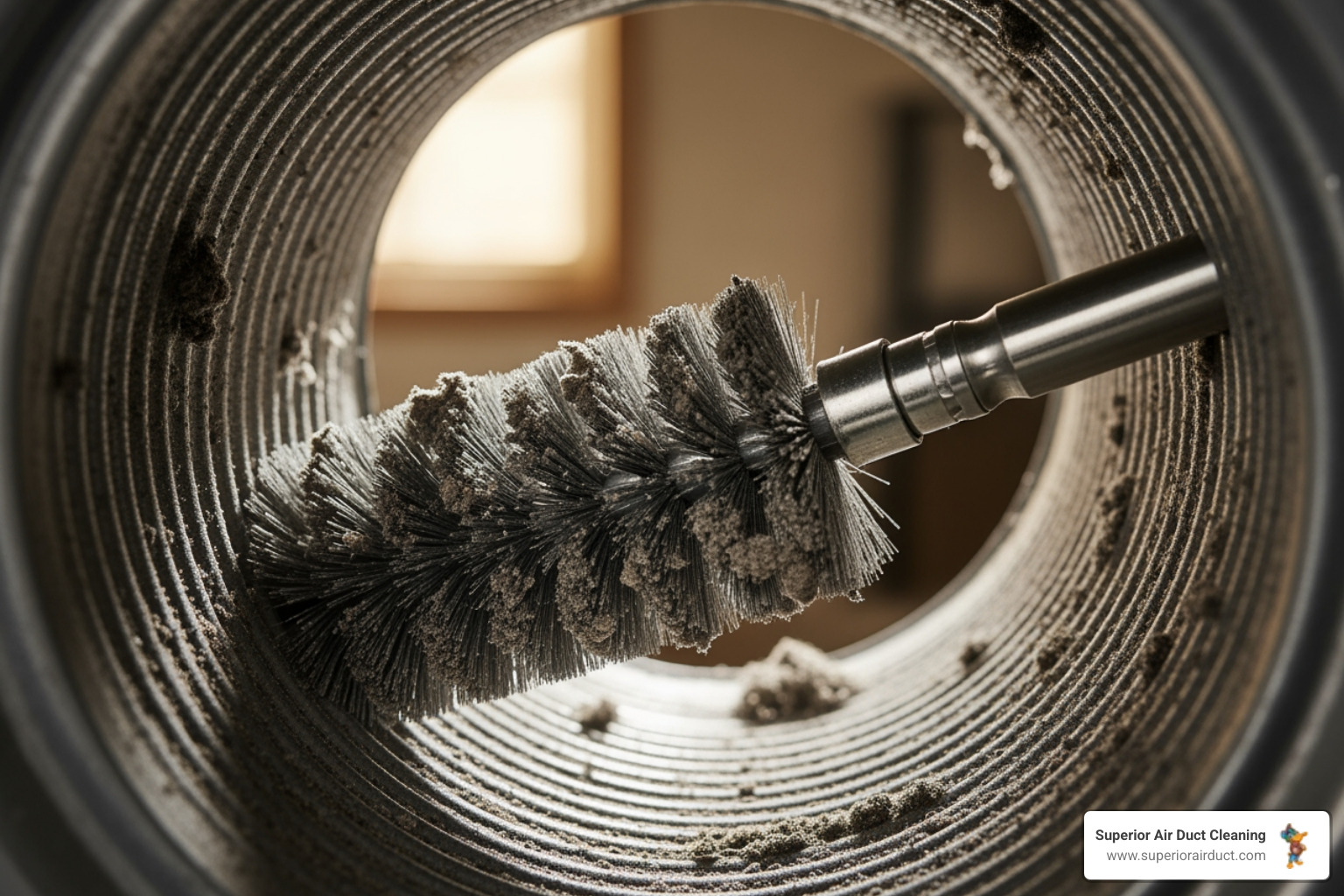
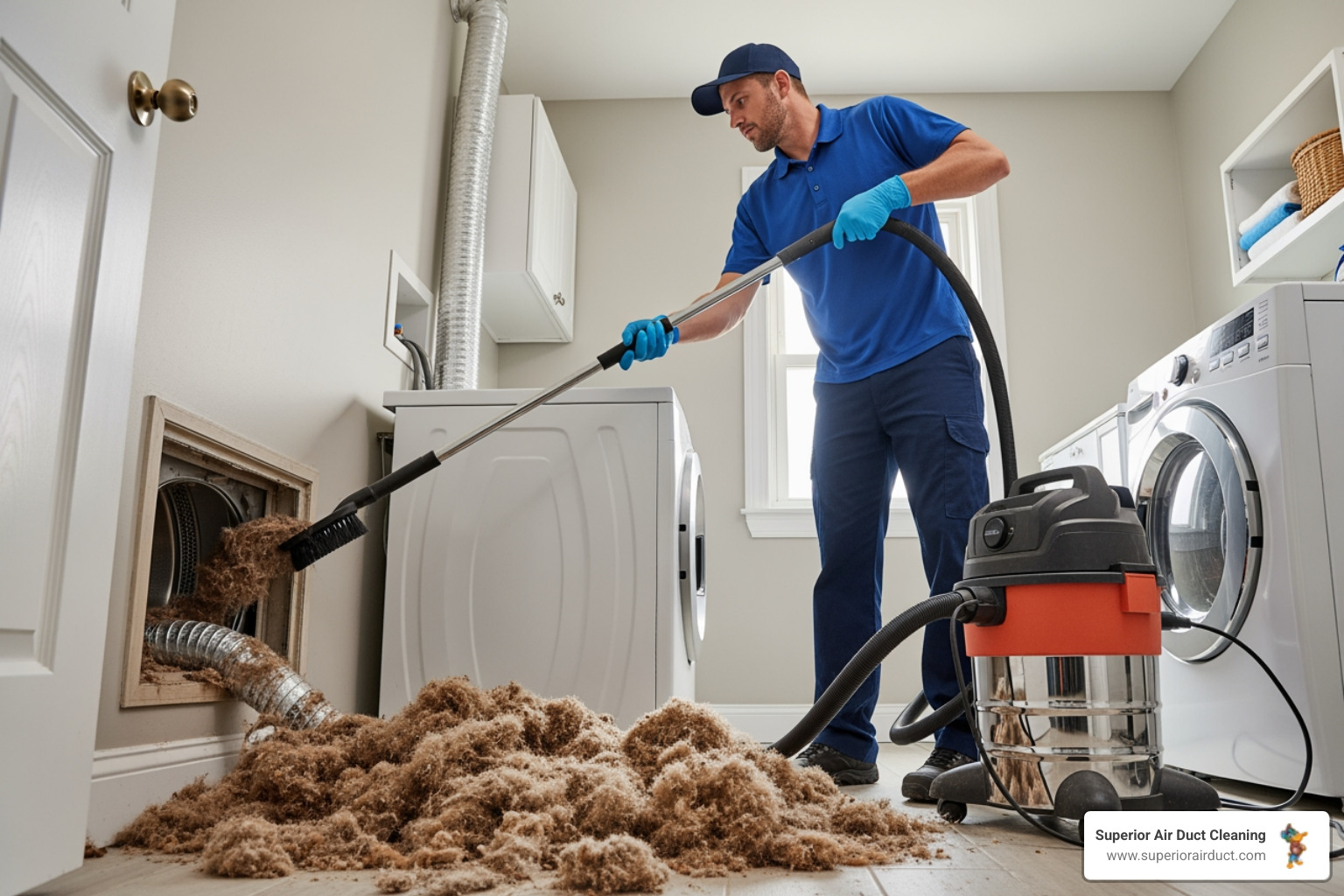
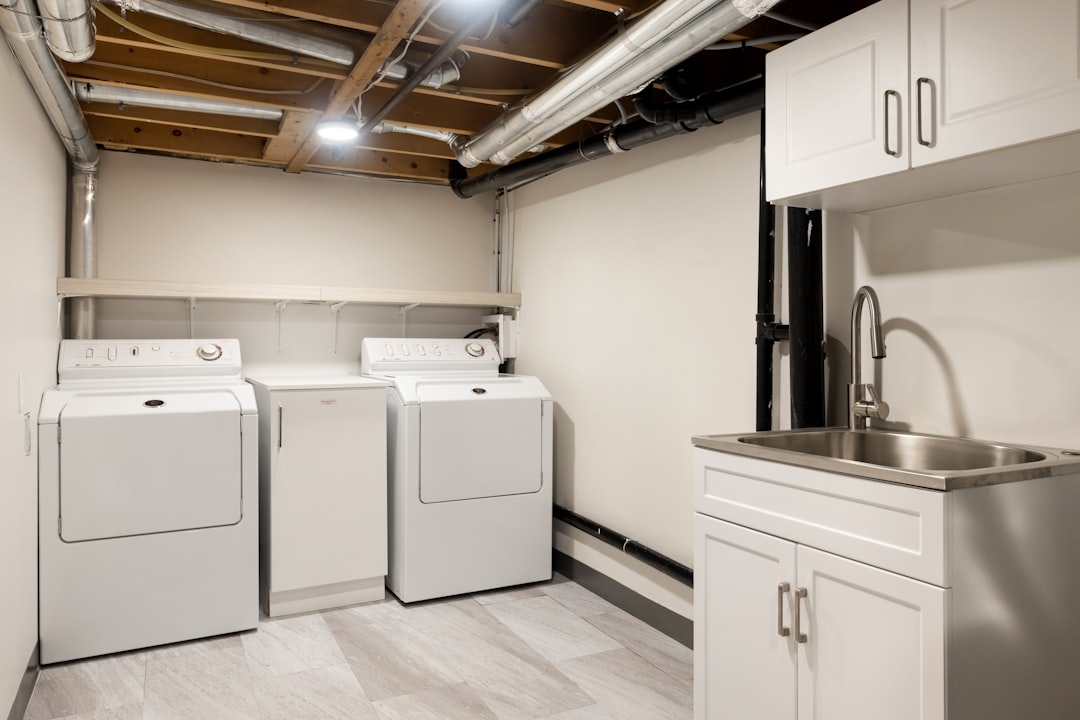
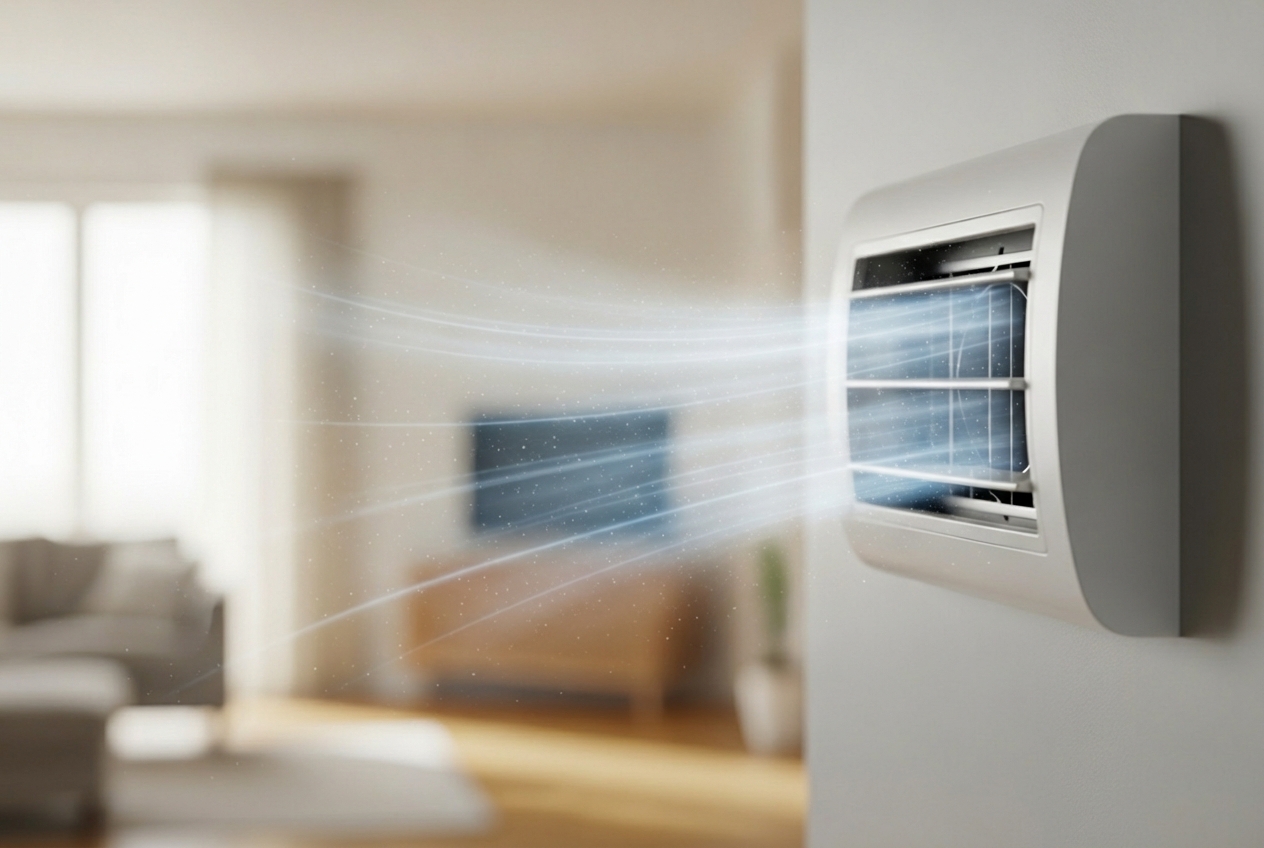
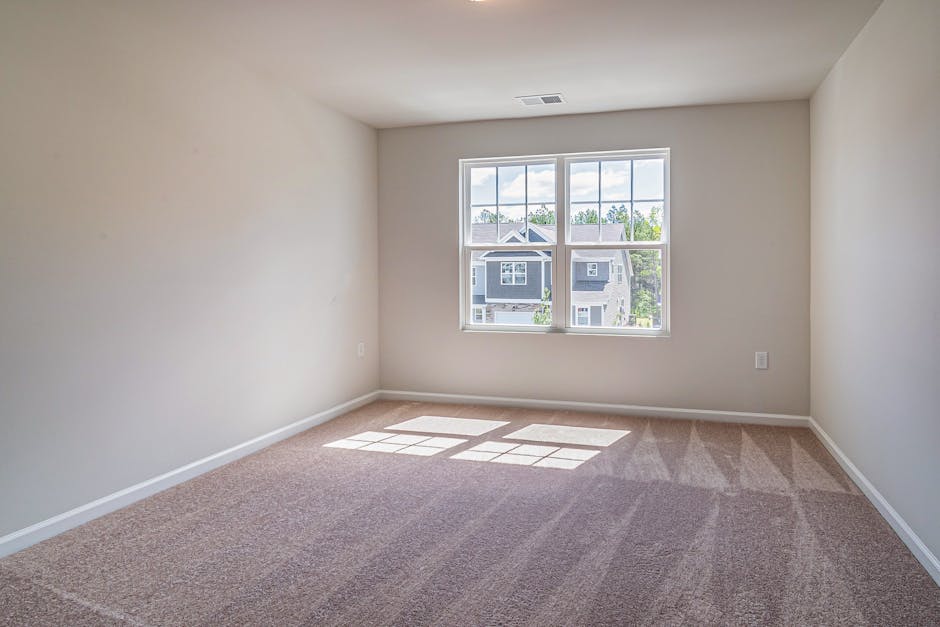
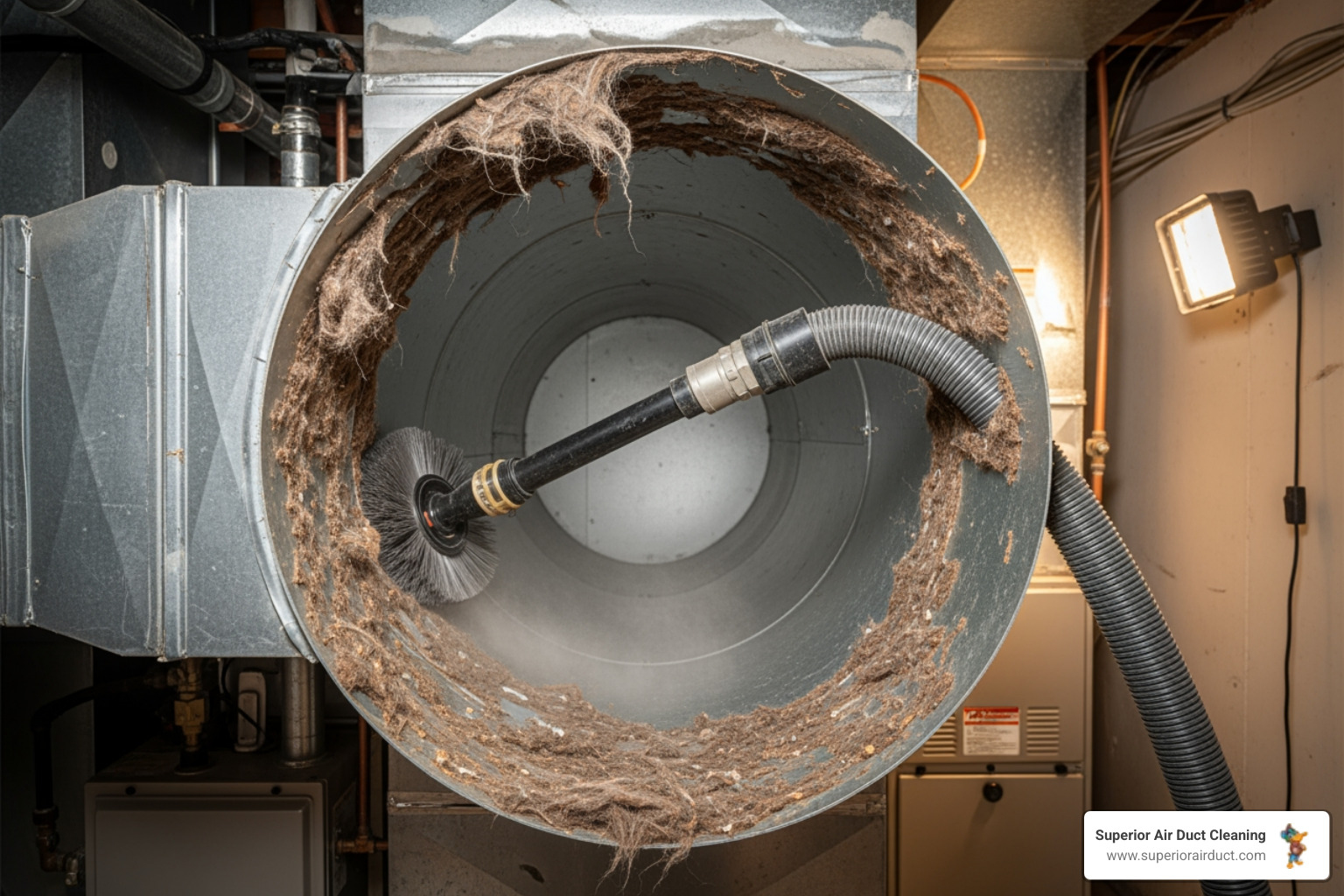




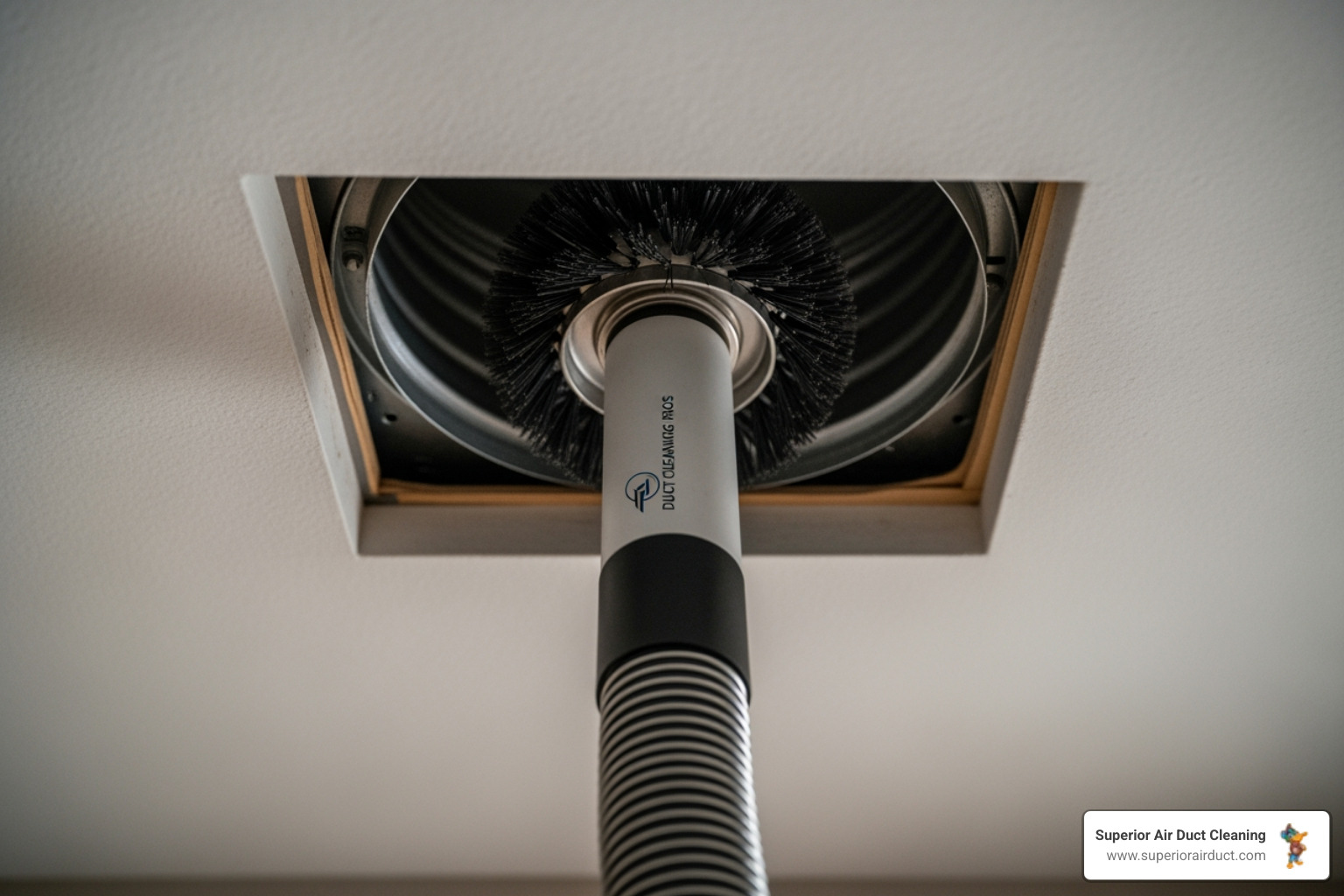


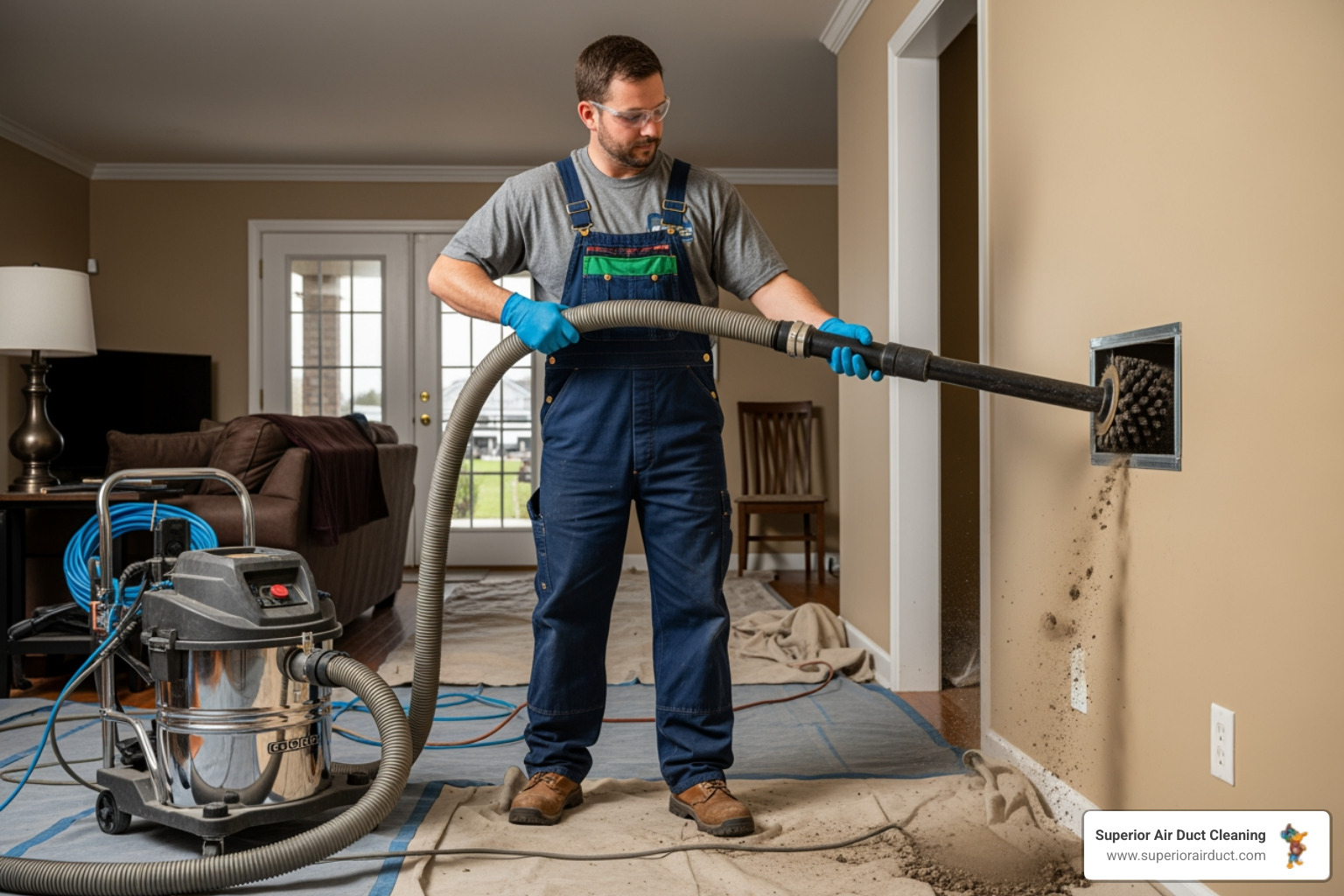
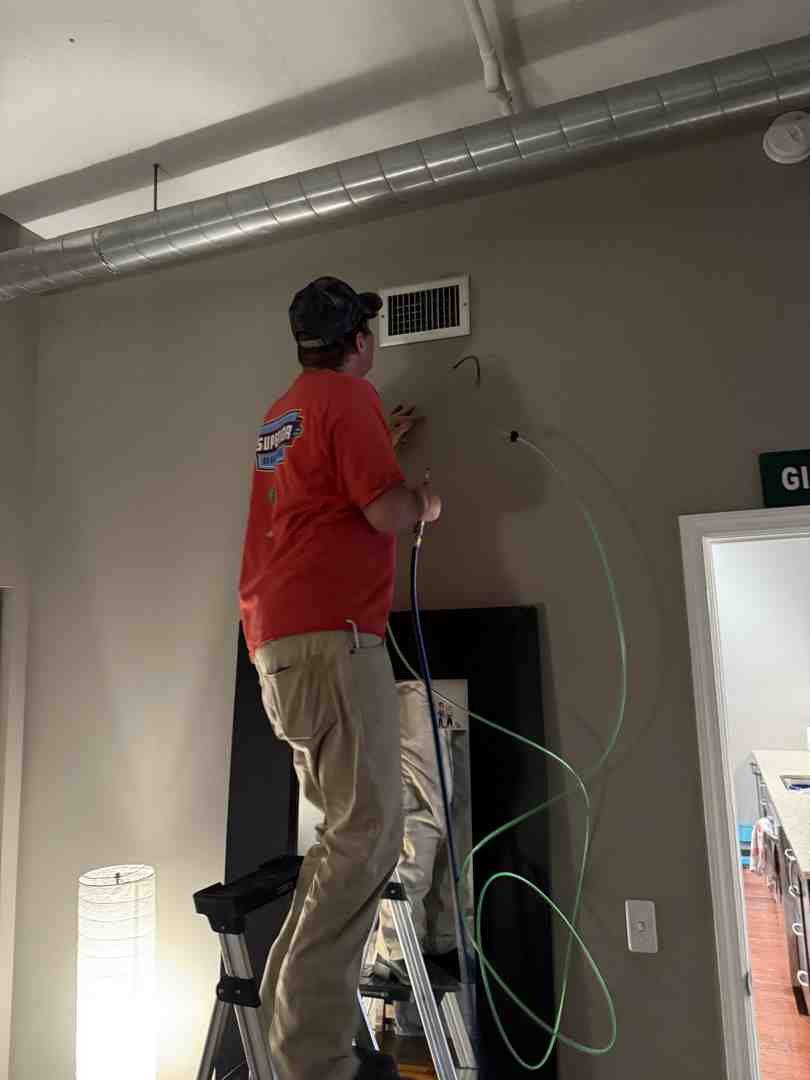
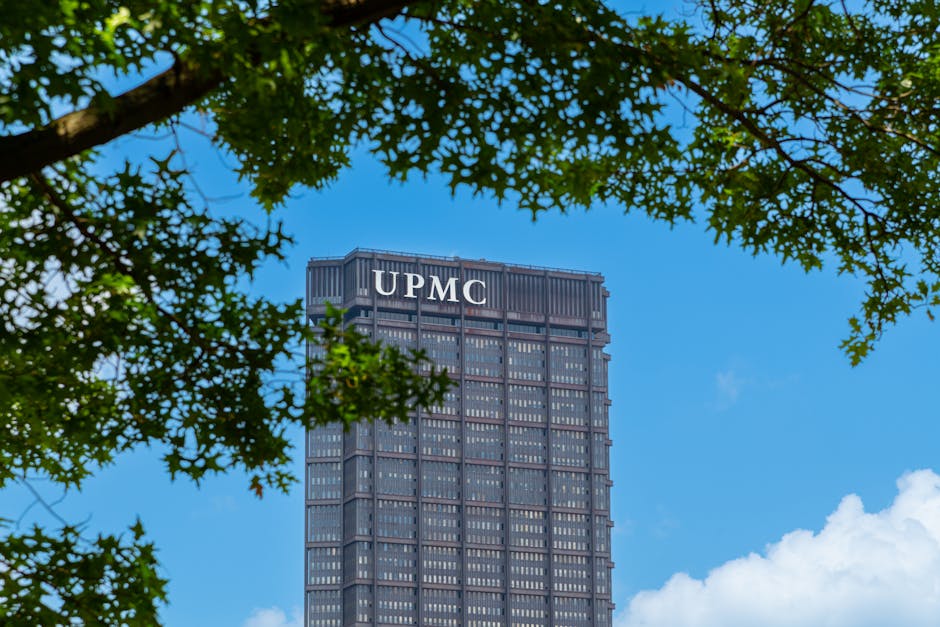

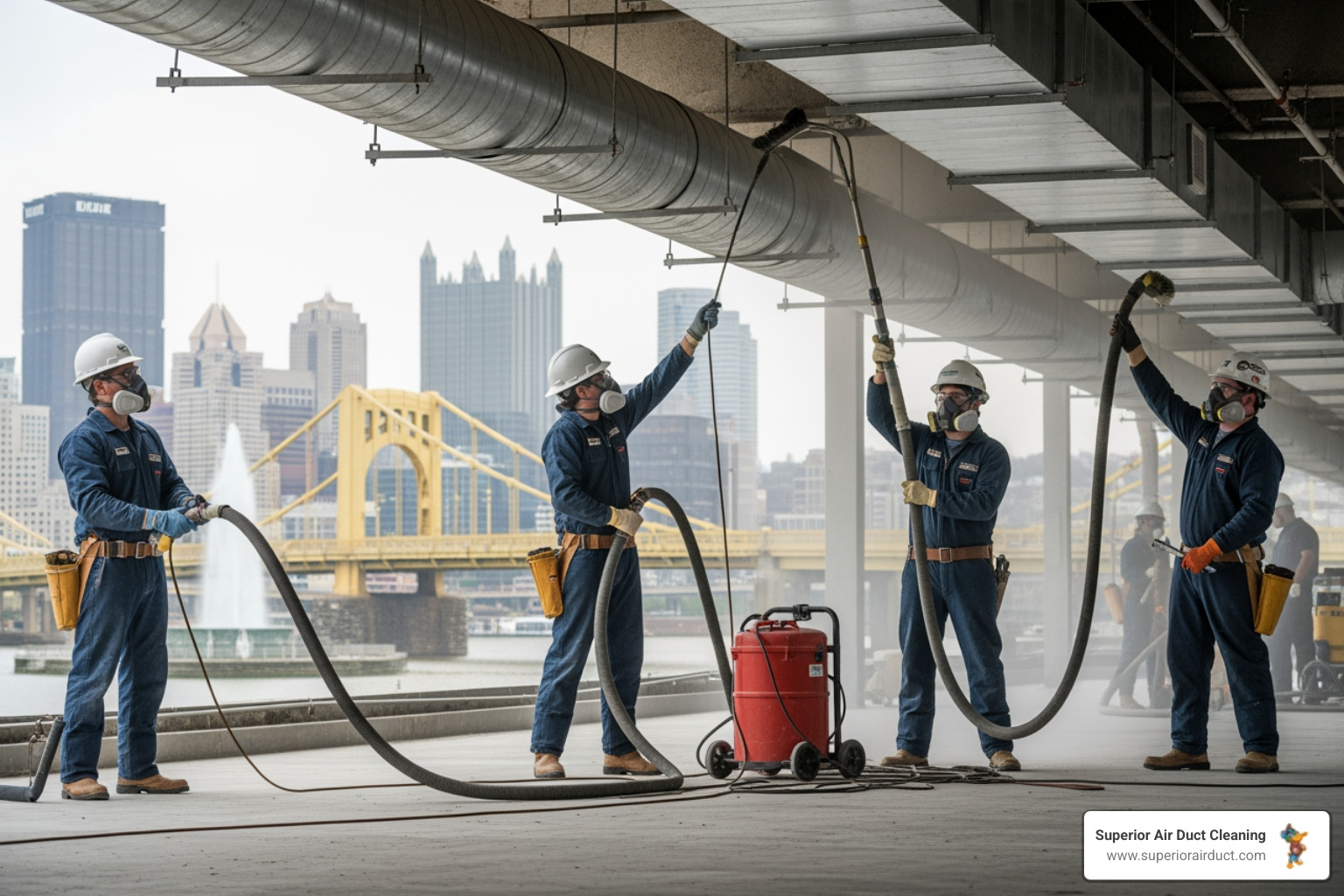

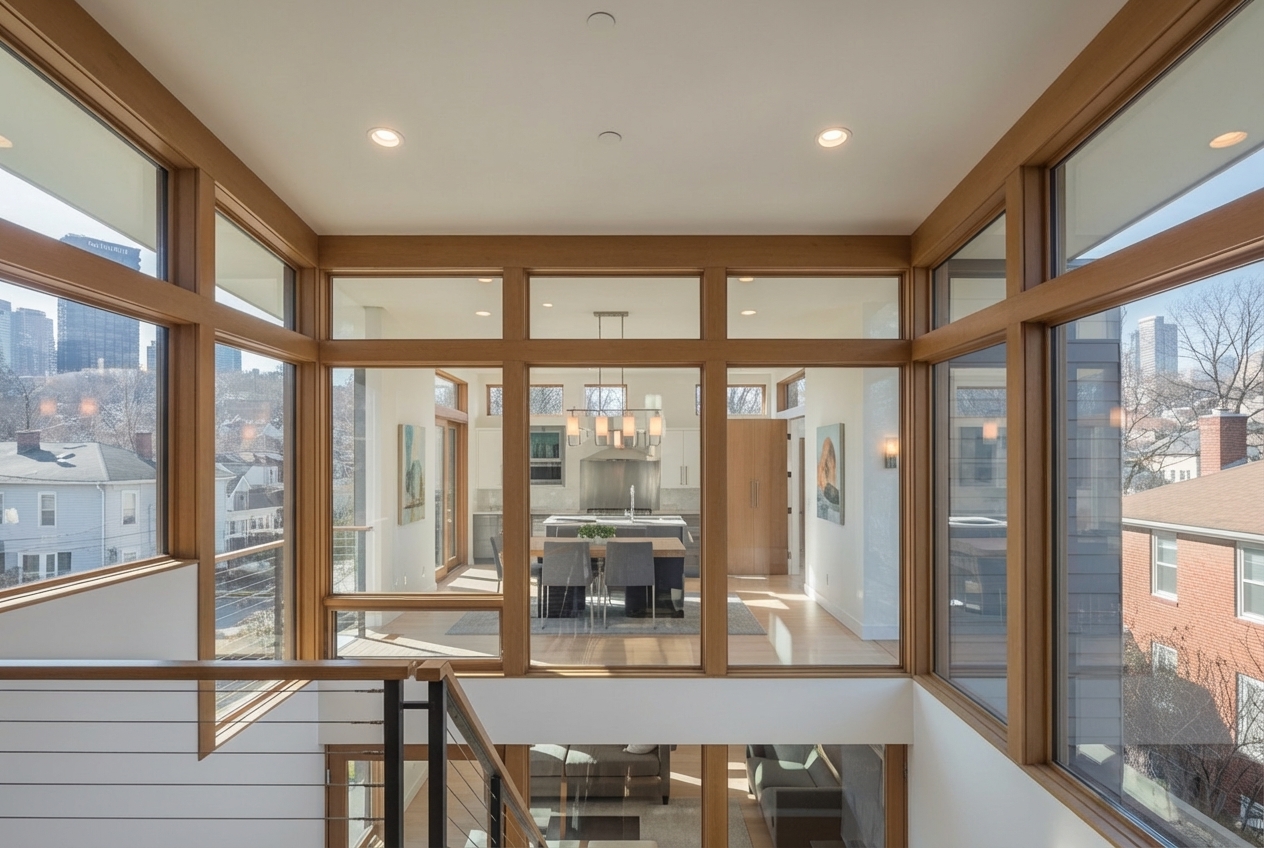








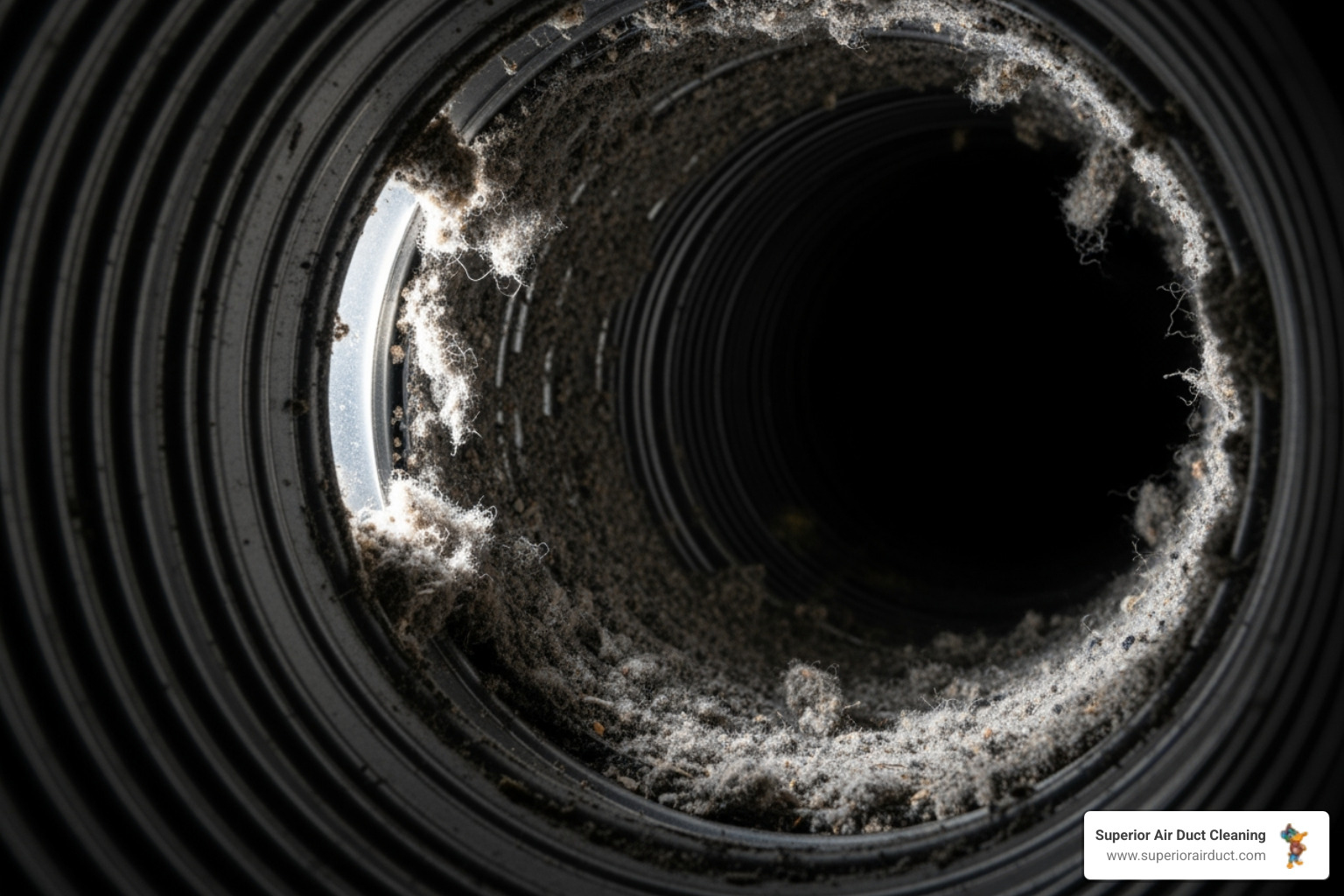
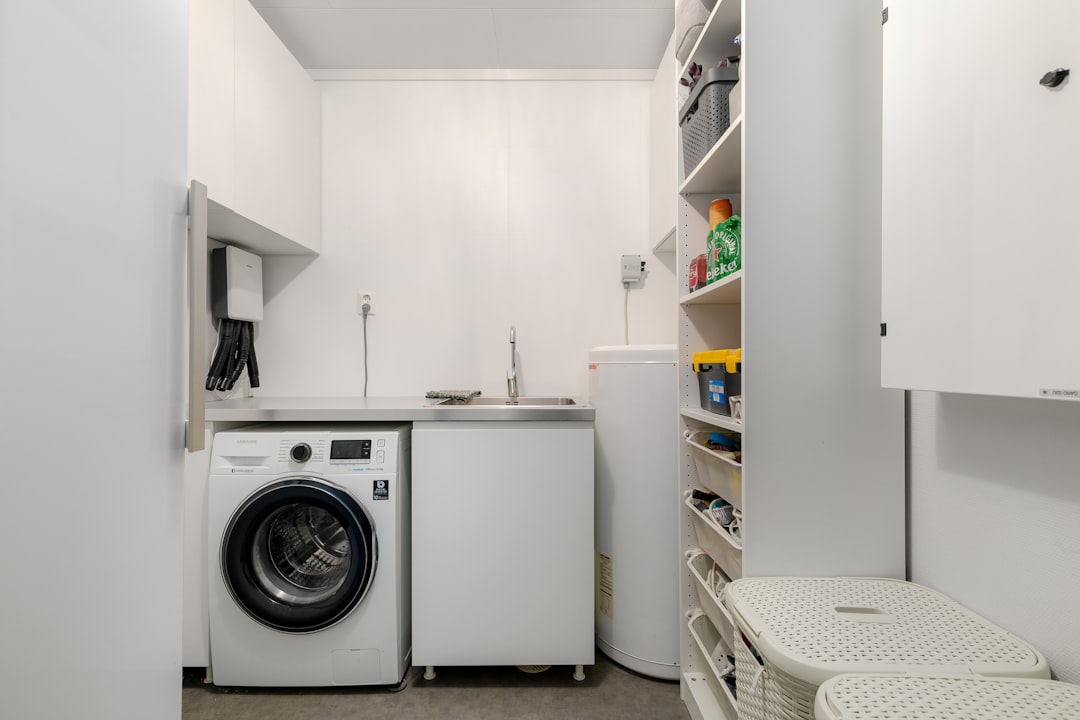
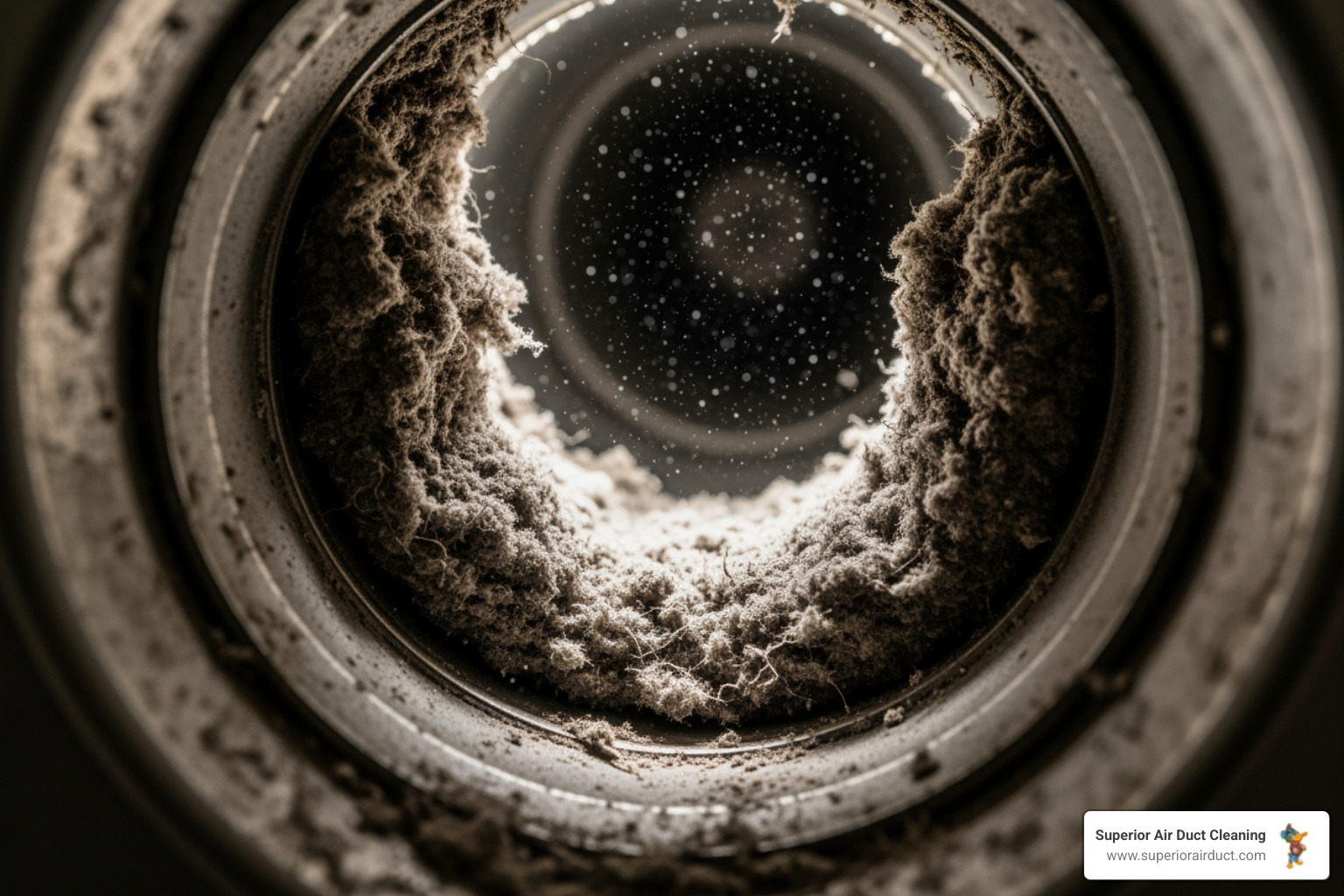
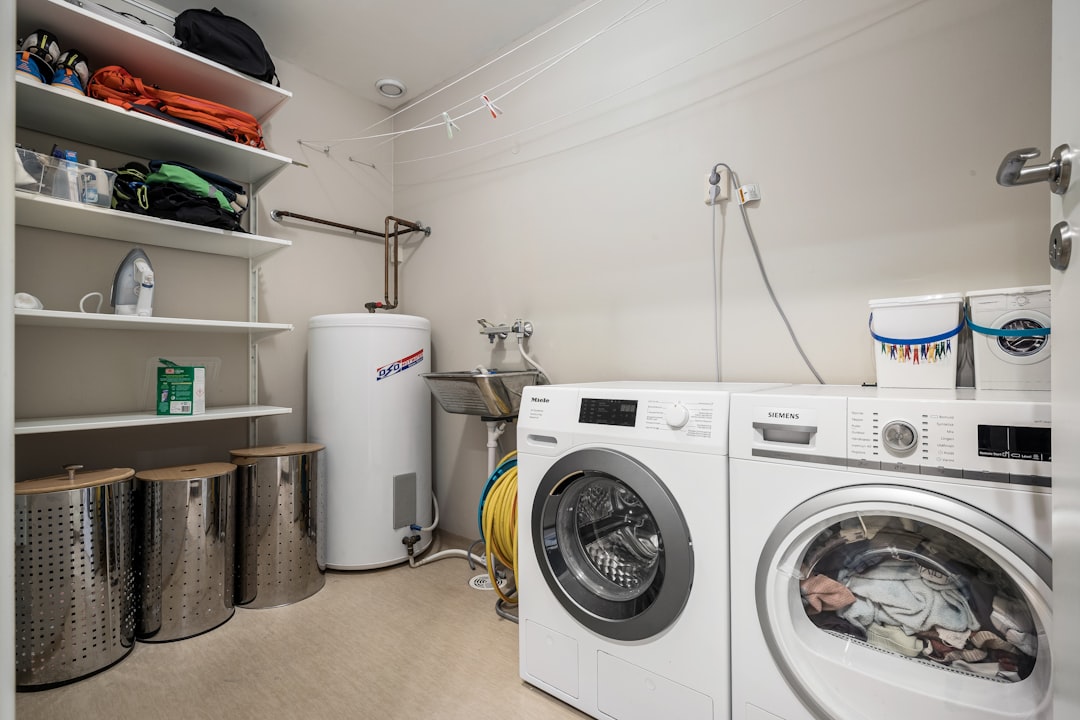
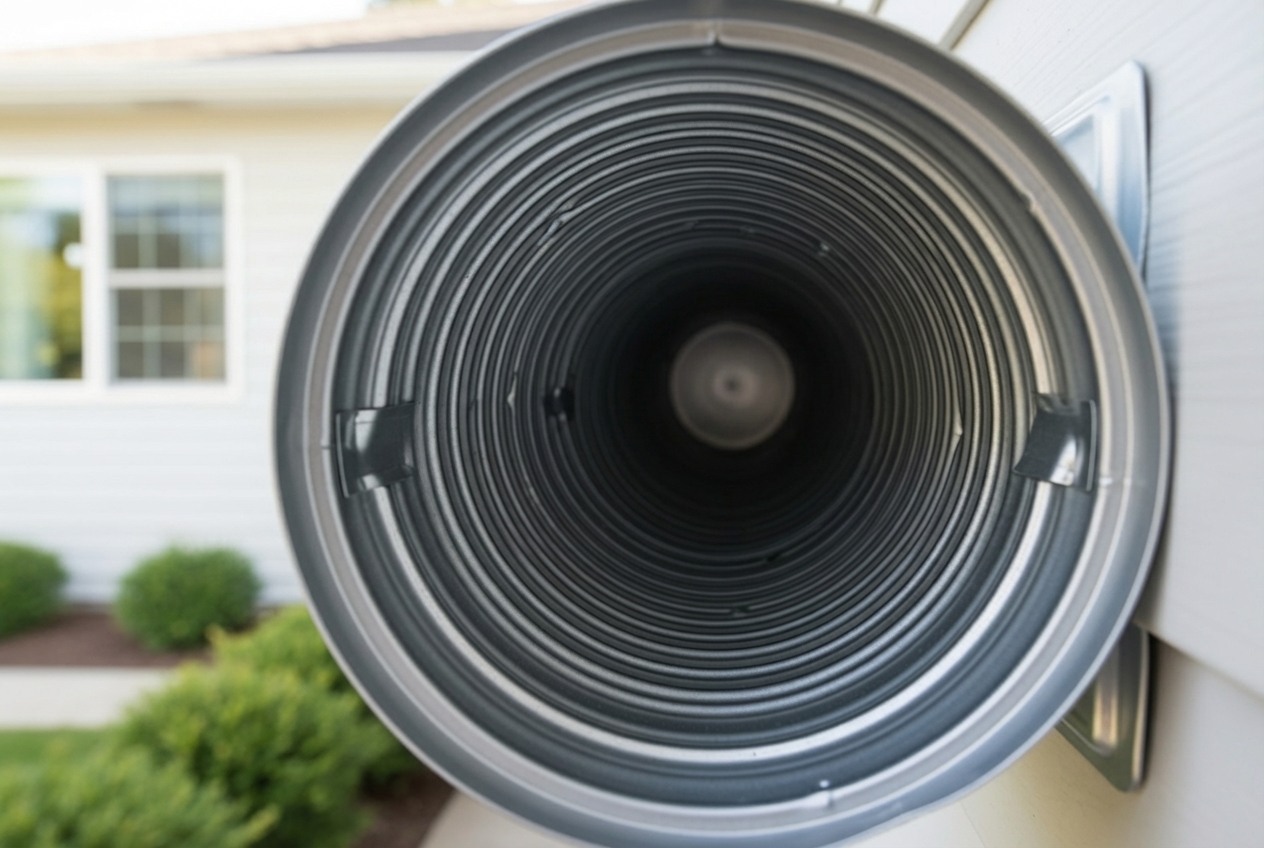
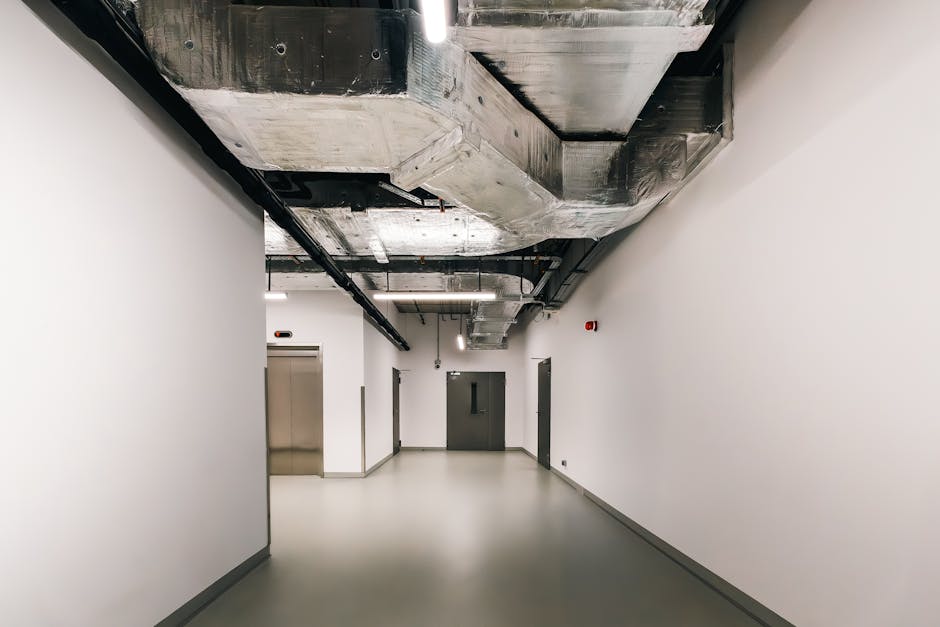
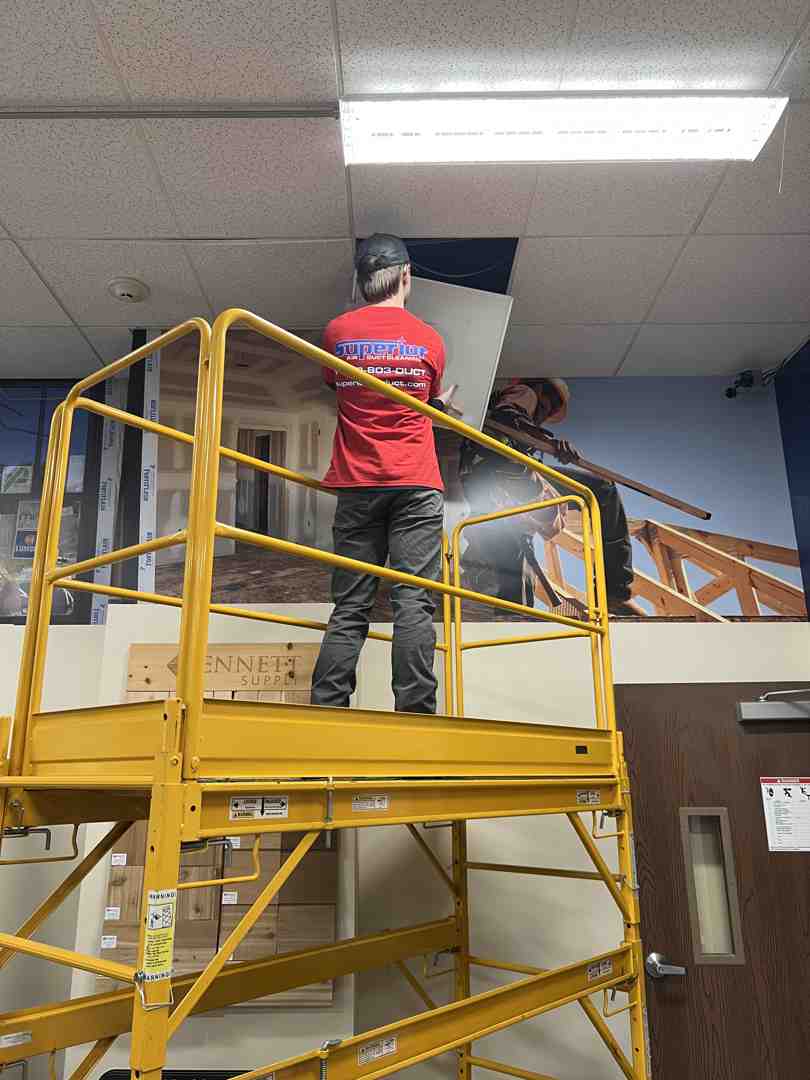
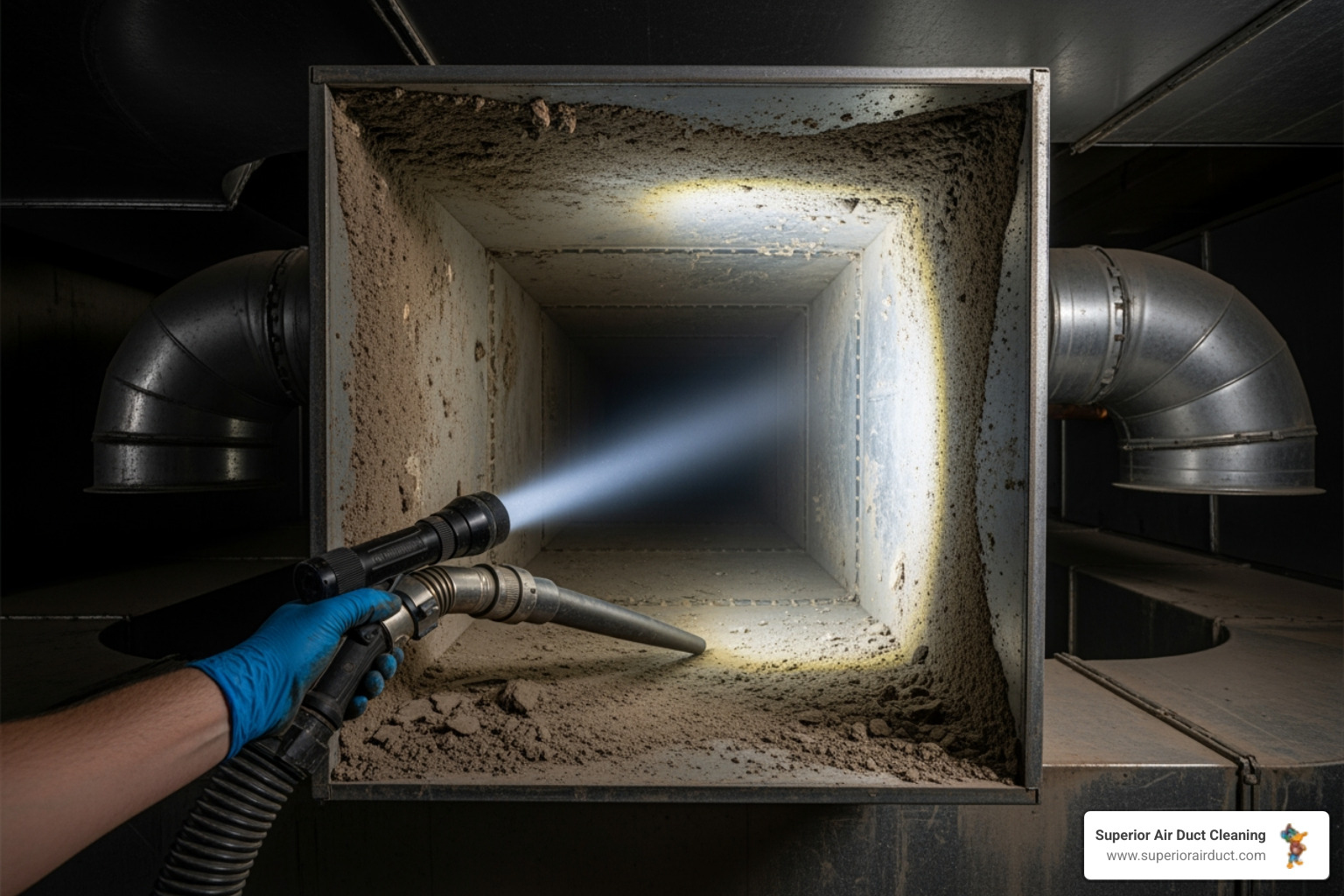
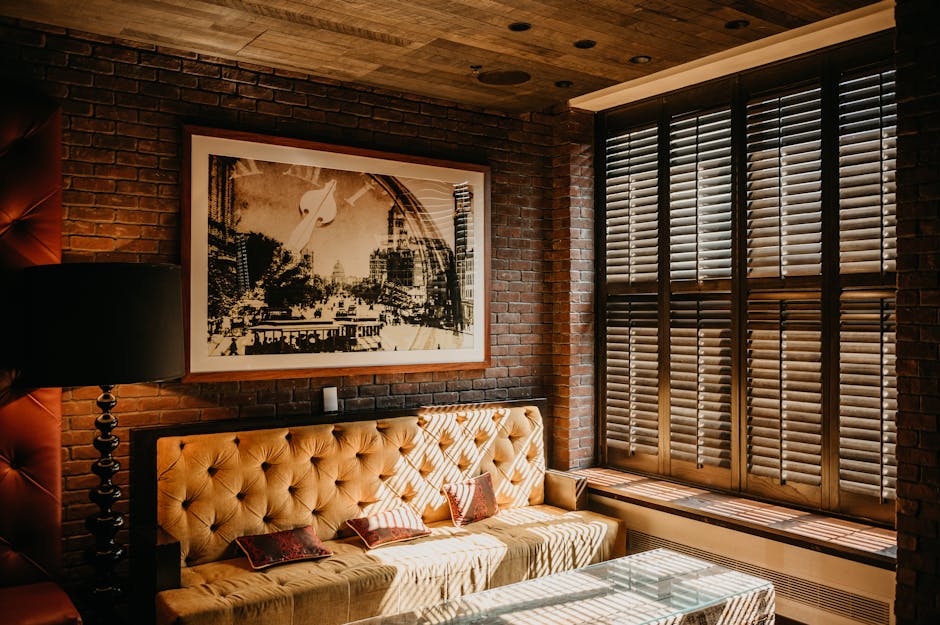

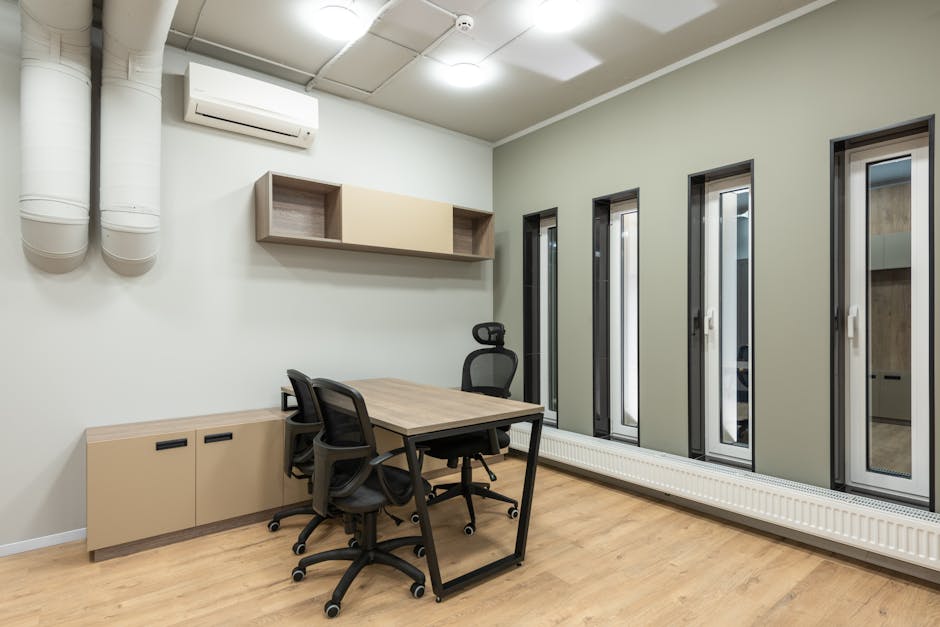

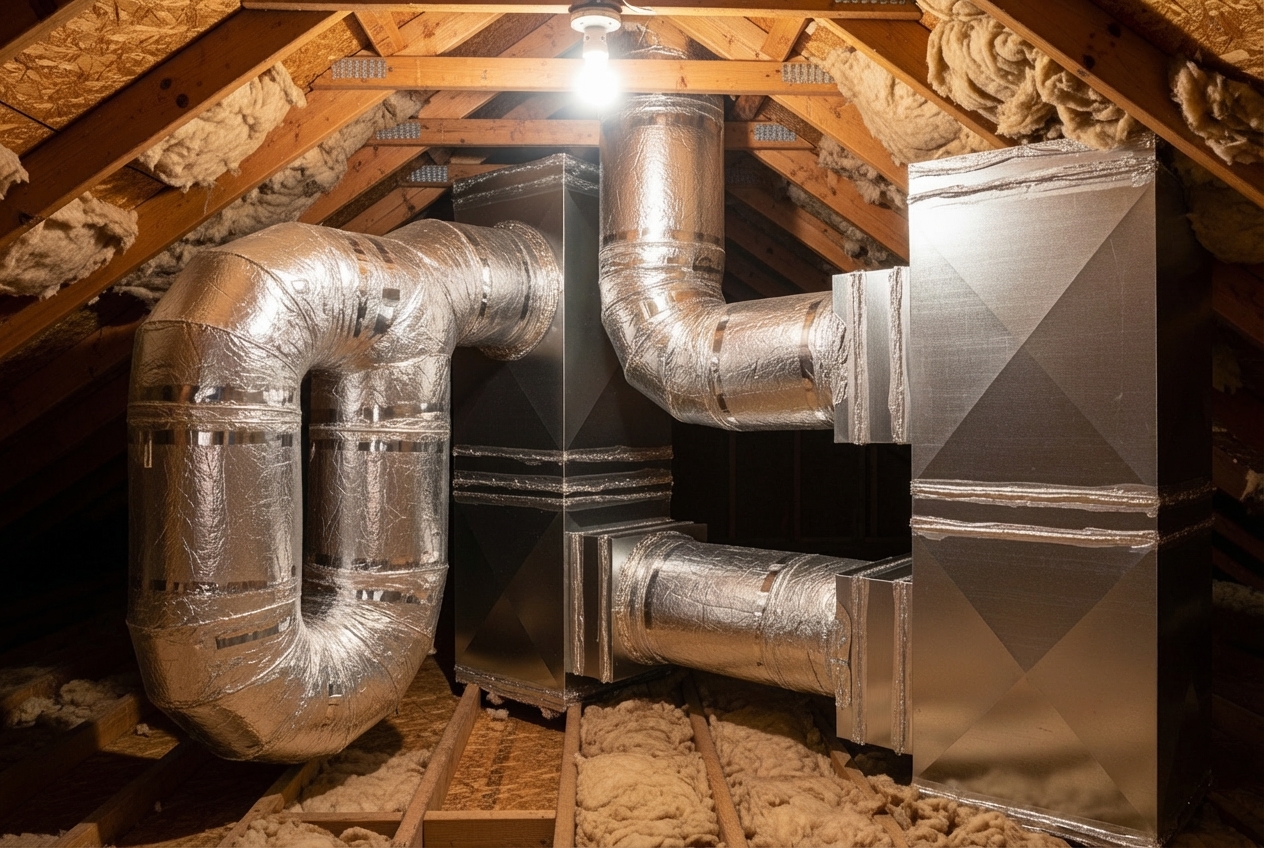
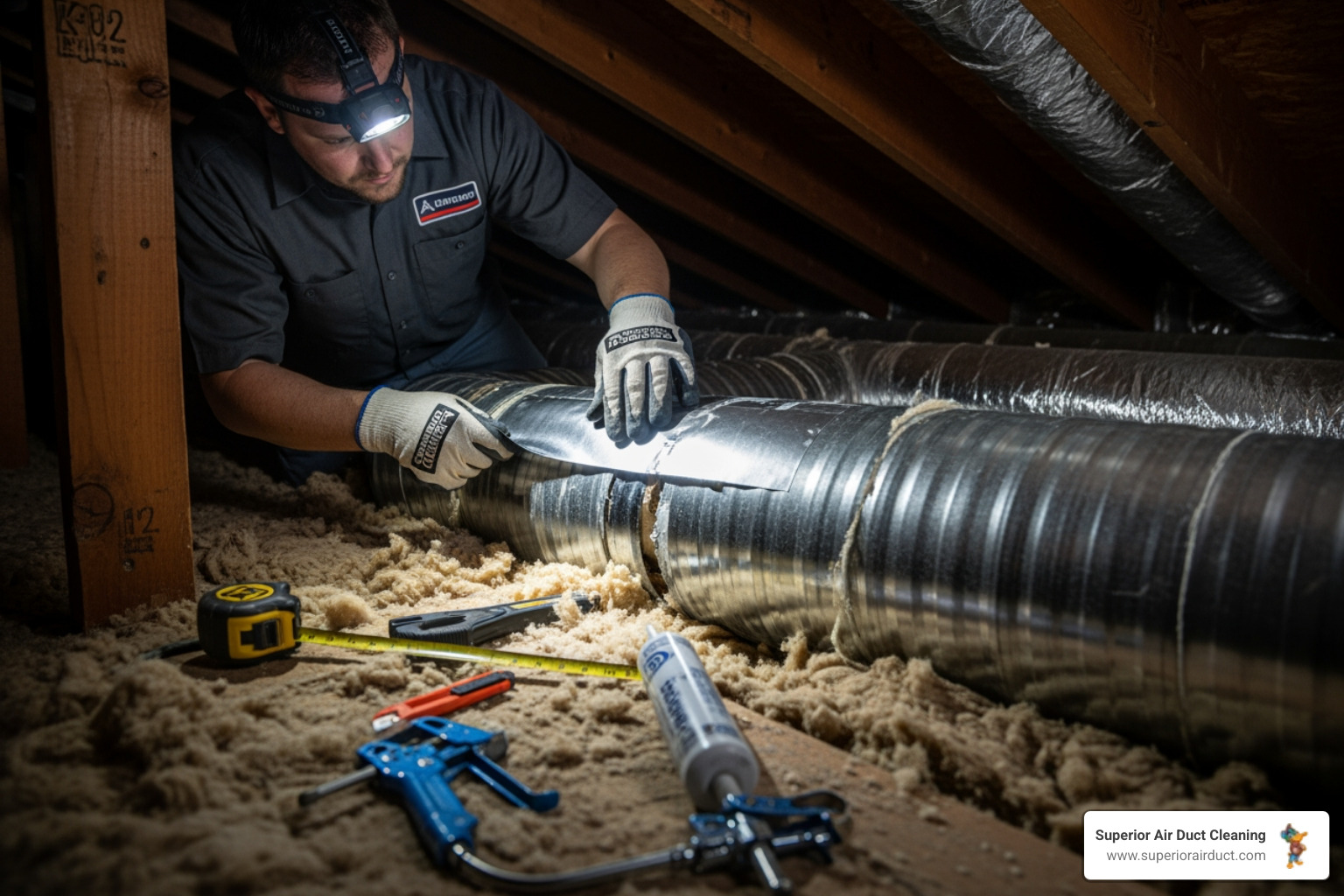


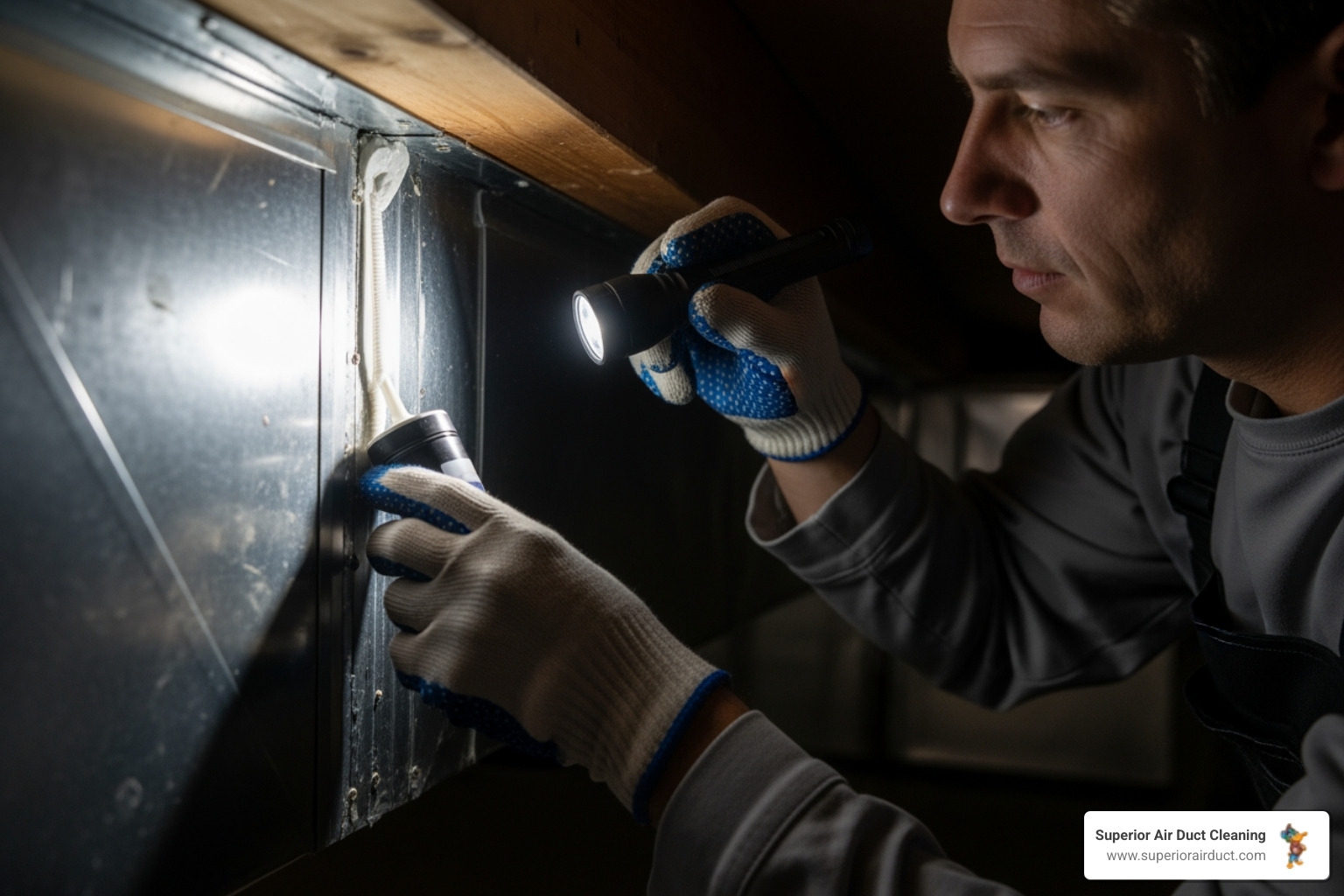



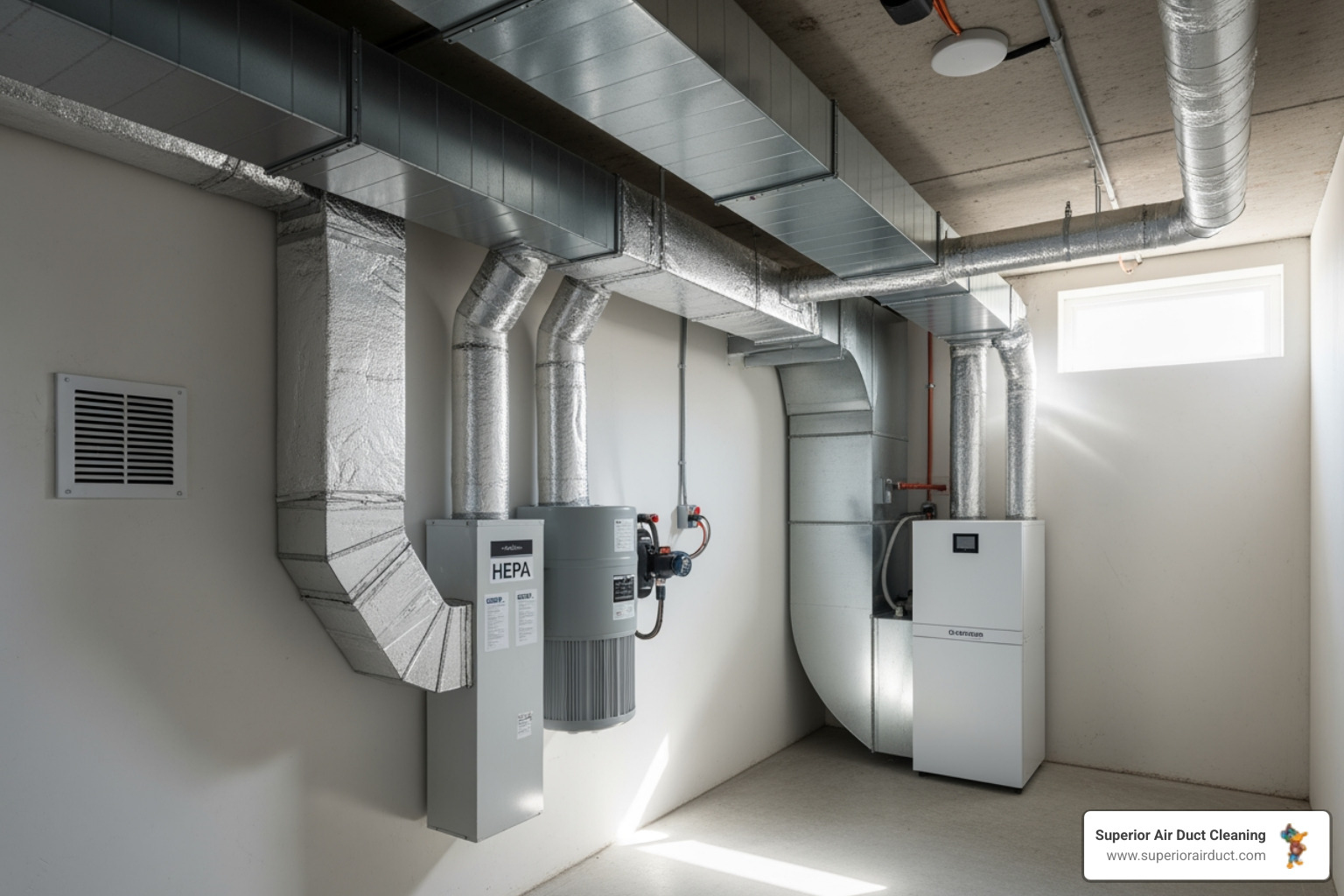

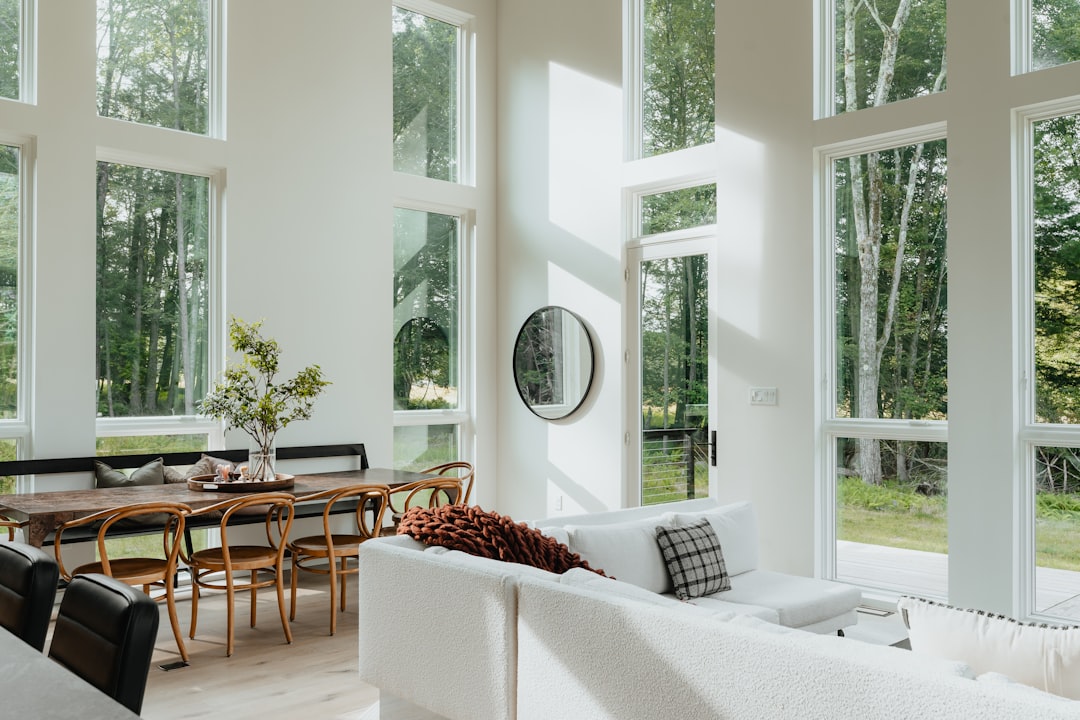




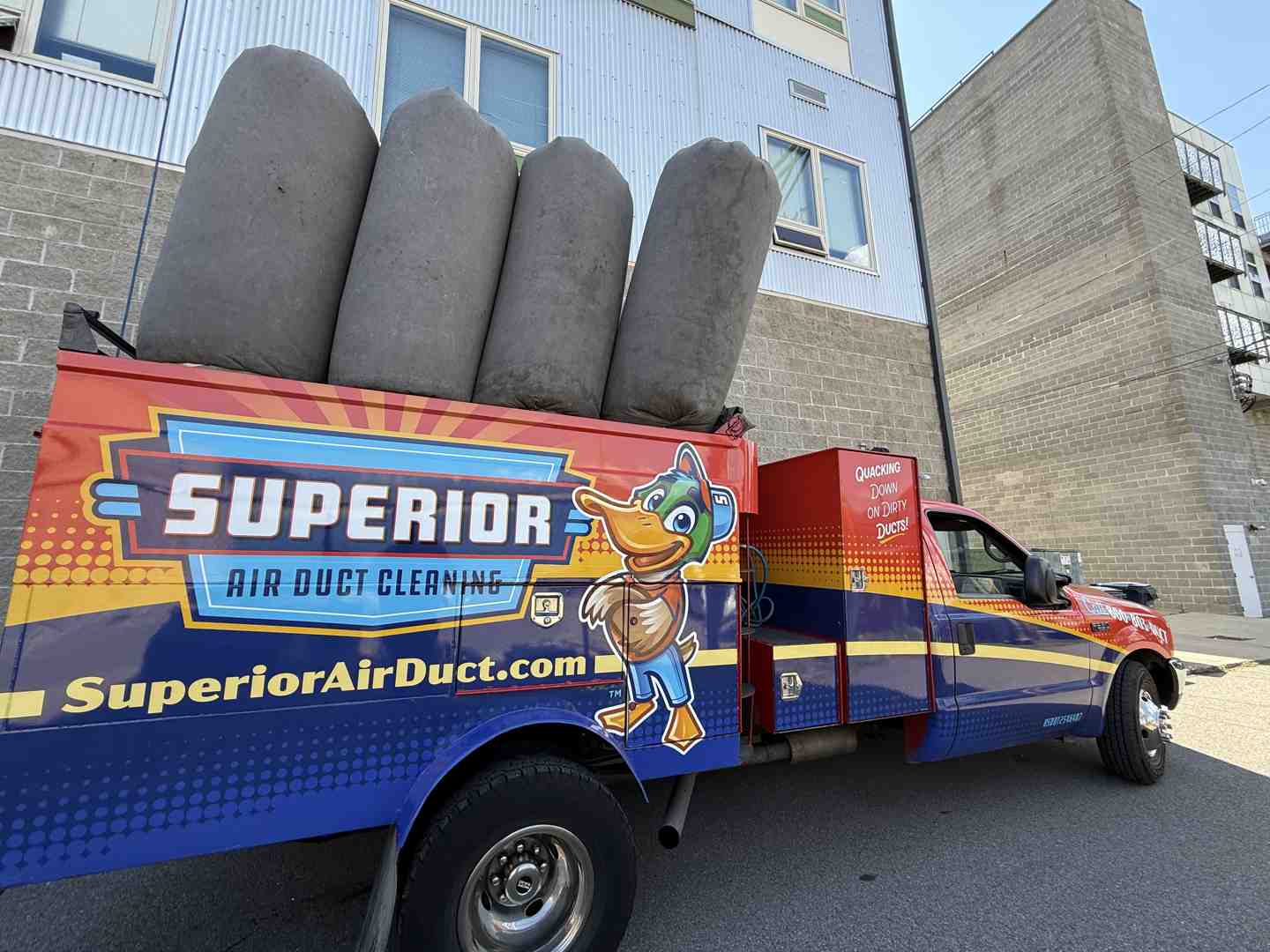

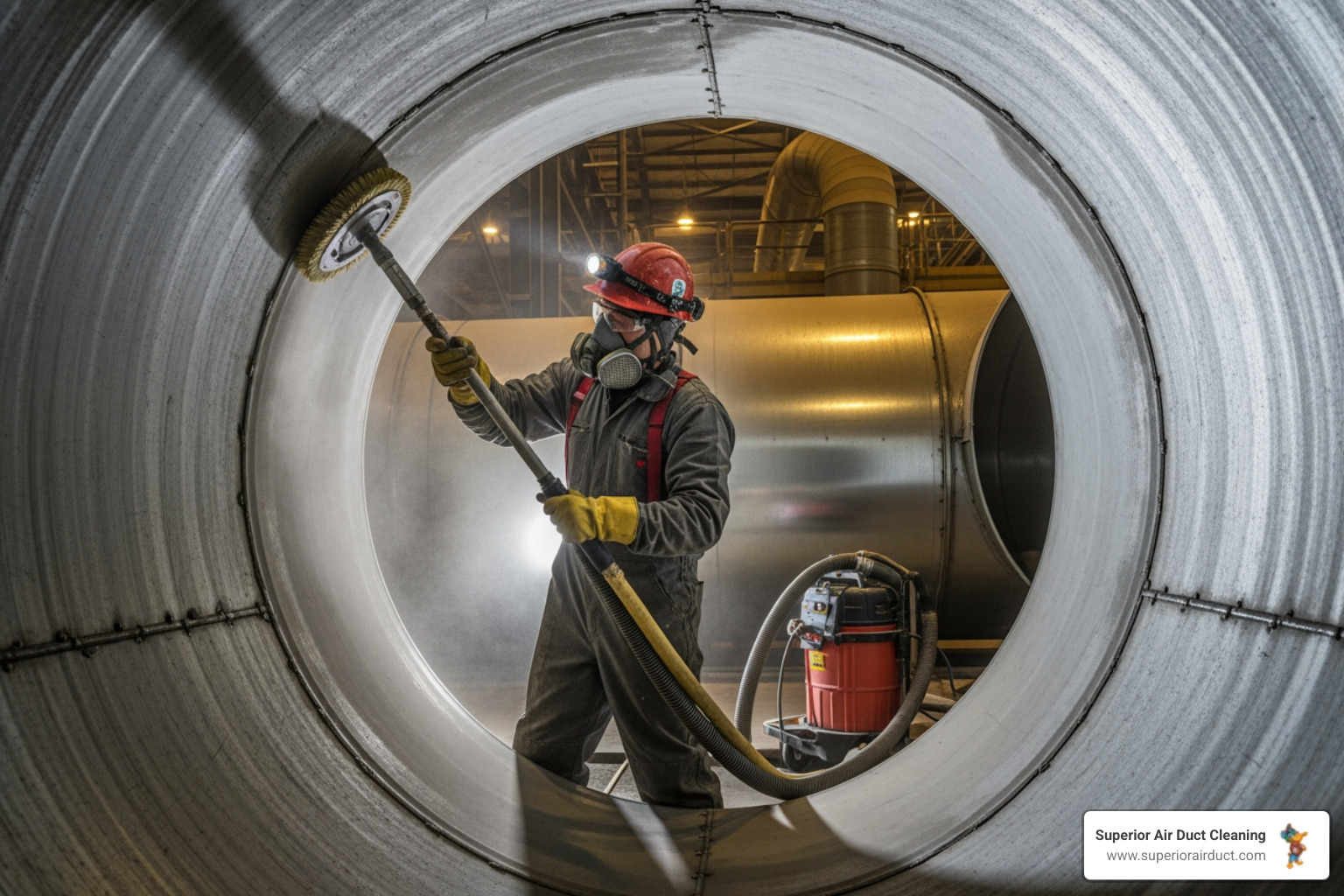


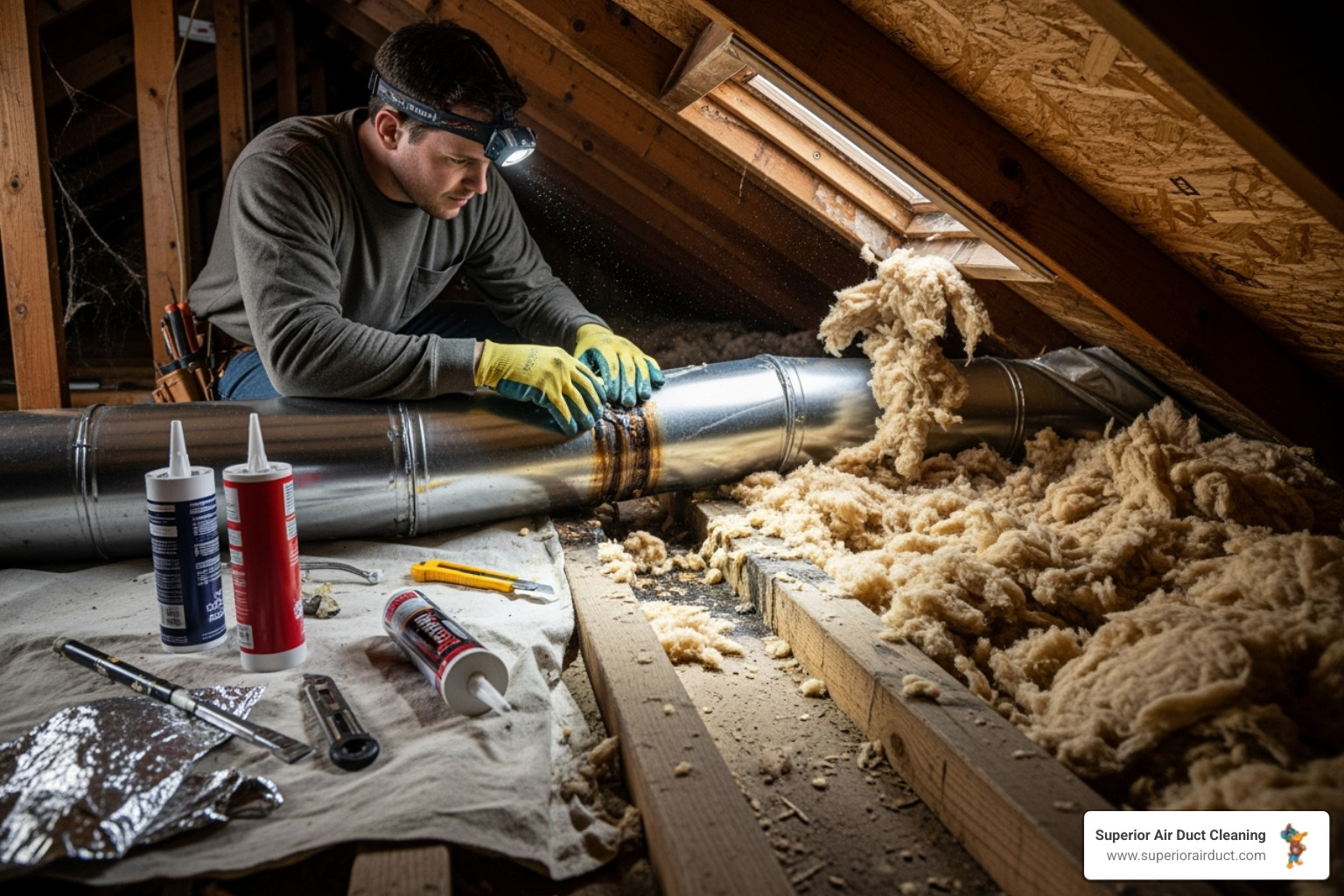
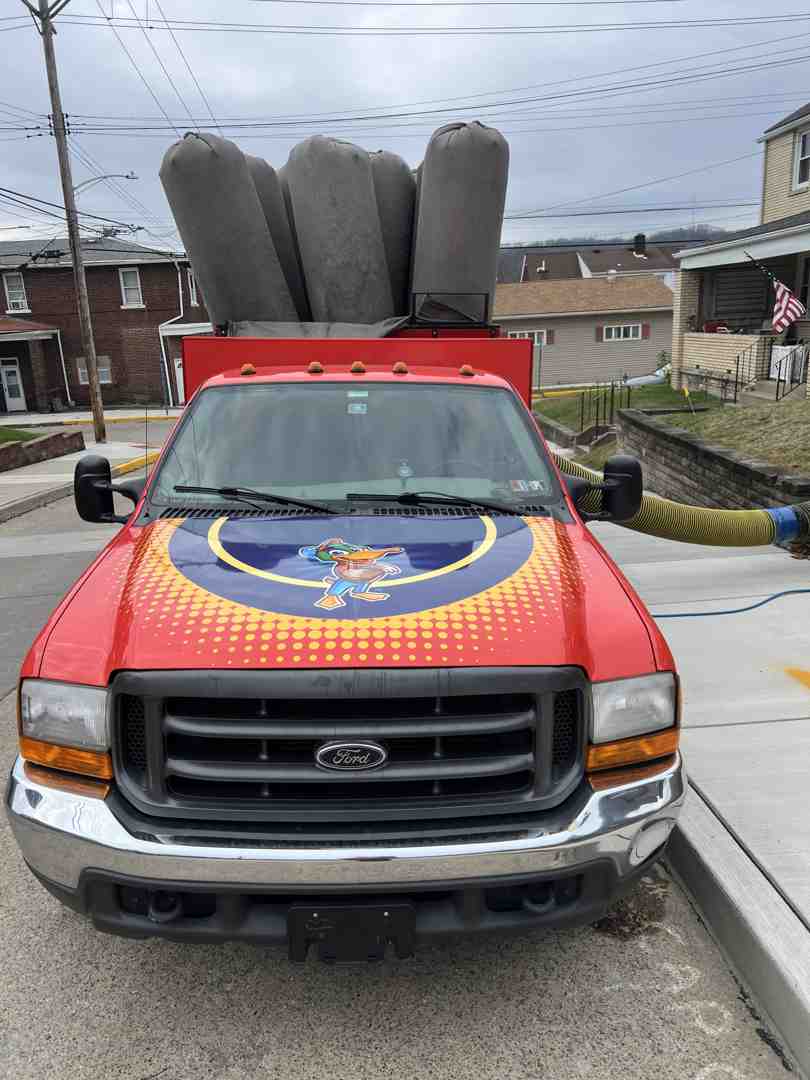

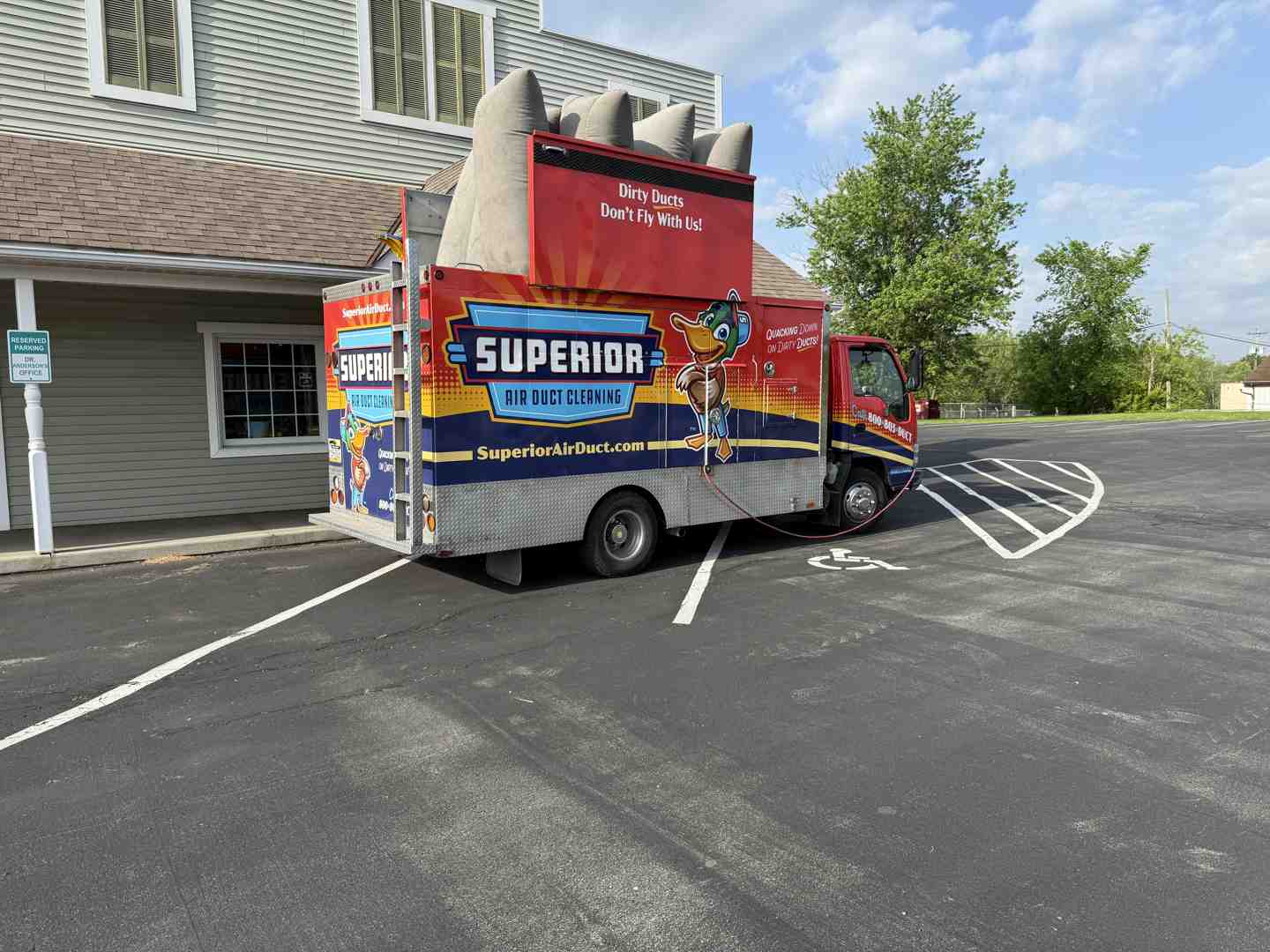


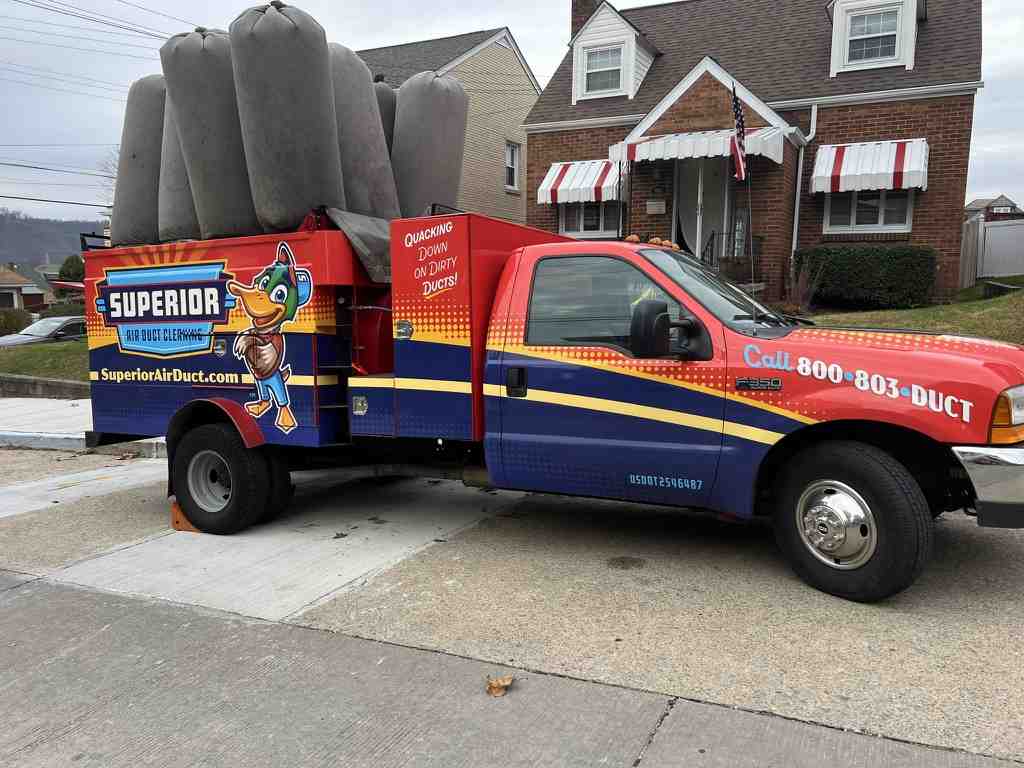

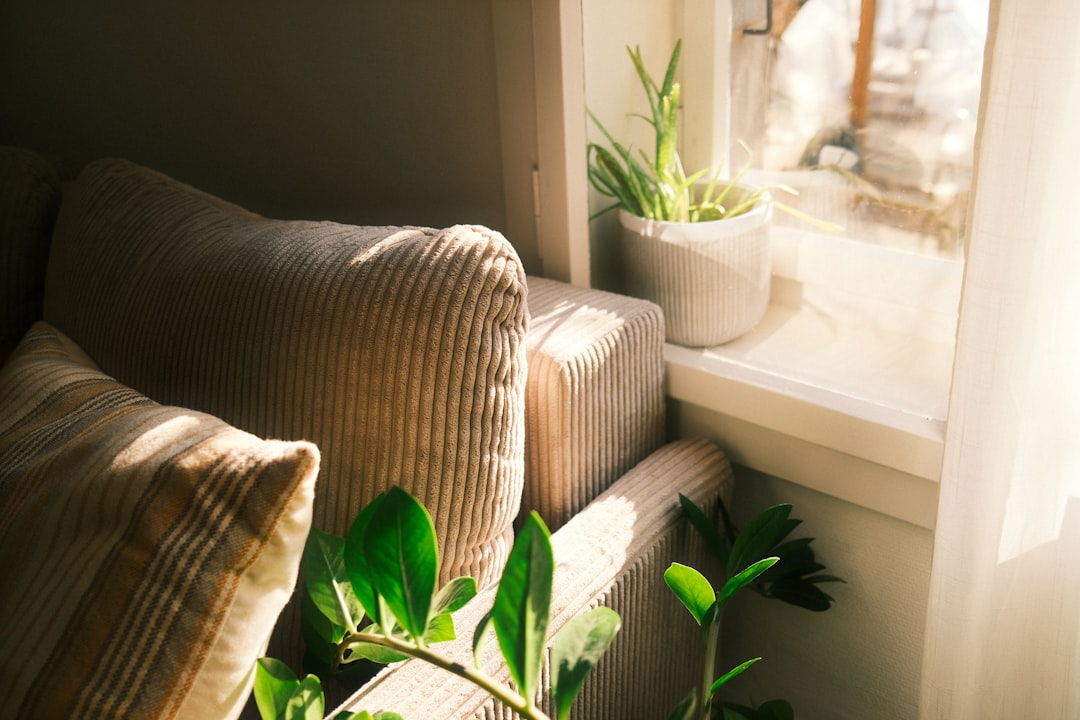
I need to find a service to remove dust from the air ducts in my Pittsburgh home. Who should I call?






